-
This 14 day journey covers a diverse range of habitats across the south Indian state of Karnataka, from grasslands and scrublands to wetlands, rivers, and forests, offering opportunities to spot a wide variety of birds and animals, along with exploring the rich historical heritage of Hampi, Halebeedu, and Srirangapatnam.
-
This two-week circular trip across Karnataka begins and ends in Bangalore. After arriving, you'll explore the nearby Hessarghatta grasslands to spot birds like sandgrouse, larks, pipits, and raptors. Over the next few days, you'll visit Nandi Hills and Savanadurga forest to see species like hornbills, woodpeckers, francolins, and bulbuls.
You'll then travel to Hampi, a UNESCO World Heritage site, to explore the iconic temples and monuments of the Vijayanagar Empire. In the evening, you'll visit Daroji Sloth Bear Sanctuary to spot sloth bears, leopards, and unique birds. After exploring the Tungabhadra River, you'll journey to Dandeli, stopping at wetland bird sanctuaries like Magadi and Gudavi along the way.
The trip continues to the River Tern Lodge, where you'll go on forest safaris in Badhra Reserve to see elephants, gaur, sambars, and various birds. You'll then visit Halebeed's historical monuments and Coorg's coffee plantations, with opportunities for birdwatching. Driving through Nagarhole Reserve, you'll reach Kabini for a safari along the river.
In Mysore, you'll take a boat ride at Ranganathittu Bird Sanctuary and visit Tipu Sultan's Summer Palace and Srirangapatna Fort. After returning to Bangalore, you'll have time for rest, shopping, and a farewell meal before departing.
-
Day One: After arriving in Bangalore, you'll transfer to the guest house in north Bangalore (30-minute drive from the airport). After resting, you'll explore the nearby Hessarghatta grasslands around a reservoir (35 km, 1 hour), where you can spot birds like Indian Courser, Chestnut-bellied Sandgrouse, Painted Sandgrouse, Larks, Pipits, and Raptors. This reservoir was built to supply water to Bangalore in the late 19th century. In the evening. Evening Location: Yelahanka Guesthouse.
Day Two: You'll start your day early with a visit to Nandi Hills (60 km, 1.5 hours from Yelahanka), a densely forested hilltop offering breathtaking views and home to species like Indian Grey Hornbill, Yellow-footed Green Pigeon, Rufous Woodpecker, and various raptors. In the afternoon, you'll journey to Savanadurga forest (50 km, 1 hour from Nandi Hills), known for its dry deciduous forest birds like Painted Spurfowl, Grey Francolin, Yellow-throated Bulbul, Rufous-tailed Lark, and raptors. Evening Location: Yelahanka Guesthouse.
Day Three: You'll set off towards Hampi (350 km, 7-8 hours from Yelahanka) in the early morning, with possible stops at Jayamangali Blackbuck Sanctuary (to see Blackbuck antelopes, Larks, Pipits, Sandgrouse, and Raptors) and/or Kaggladu Bird Sanctuary (a wetland haven for migratory and resident waterfowl, waders, and shorebirds). You'll reach Hampi by the end of the day. Evening Location: Hotel in Kamalpur
Day Four: You'll explore the fascinating temples and landscapes of Hampi, a UNESCO World Heritage site, with a guided tour of iconic monuments like the Virupaksha Temple, Vittala Temple with its stone chariot, and the Royal Enclosure from the Vijayanagar Empire. In the evening, you'll visit the Daroji Sloth Bear Sanctuary (28 km, 45 minutes from Hampi), where you can spot Sloth bears, leopards, hyenas, Painted Spurfowl, Painted Sandgrouse, and Indian Eagle Owl. Evening Location: Jungle Lodge at the sanctuary.
Day Five: You'll take a walk along the Tungabhadra River (10 km, 20 minutes from Daroji Sanctuary), rich in riverine birds like River Terns, Sandpipers, Egrets, Herons, and Kingfishers. In the afternoon, you'll drive to where the river expands into a reservoir after being dammed (20 km, 30 minutes from the river). In the evening, you'll return to Kamalpur. Evening Location: Hotel in Kamalpur
Day Six: You'll travel to Dandeli (200 km, 4-5 hours from Kamalpur), stopping at Magadi Bird Sanctuary (a wetland attracting migratory waterfowl, waders, and shorebirds) en route. You'll stay at the Old Magazine guest house and enjoy birding opportunities, coracle rides, and jungle expeditions. Evening Location: Jungle Lodge at the sanctuary.
Day Seven: You'll drive to Gudavi Bird Sanctuary (100 km, 2-3 hours from Ganesh Gudi), another wetland haven for migratory and resident waterfowl, waders, and shorebirds. You'll spend the evening at a homestay in Sagara (20 km, 30 minutes from Gudavi). Evening Location: Homestay in Sagar
Day Eight: You'll drive to the Badhra National Park (150 km, 3-4 hours from Sagara) and reach it by midday. You'll spend 24 hours at the jungle lodges, which will include two forest safaris in the Badhra forest reserve, where you may spot mammals like Elephants, Gaur, Sambar, and various bird species. Evening Location: Jungle Lodge at the sanctuary.
Day Nine: You'll leave the Badhra National Park at midday and drive to Halebeed (100 km, 2-3 hours), where you can explore historical monuments. You'll continue to Coorg (50 km, 1 hour from Halebeed) and spend a night at a homestay in coffee plantations. Evening Location: Homestay in coffee estate.
Day Ten: You'll do a walk around the coffee plantation with possible birdwatching opportunities and we can drive into Madikeri town for lunch where you will also have a chance to shop for local spices. Evening Location: Homestay in coffee estate.
Day Eleven: You'll drive through the Nagarhole reserve forest to get to Jungle Lodges on the Kabini River (150 km, 3-4 hours from Coorg). You'll reach by midday and enjoy an evening safari in the forest. Evening Location: Jungle Lodge at the sanctuary.
Day Twelve: After a morning safari on the Kabini River, you'll drive to Mysore (90 km, 2-3 hours from Kabini) in the afternoon. You will have time to explore Mysore and visit the Maharajas Palace and the local market. Evening Location: Hotel in Mysore.
Day Thirteen: You'll start with a morning boat ride at the Ranganathittu bird sanctuary (20 km, 30 minutes from Mysore), a famous nesting site for waterfowl, storks, and herons. Then, you'll visit Tipu Sultan's Summer Palace and the Srirangapatna Fort (15 km, 30 minutes from Ranganathittu), both historical monuments from the 18th century. After that, you'll drive back to Bengaluru (140 km, 3-4 hours from Srirangapatnam). Evening Location: Yelahanka Guesthouse.
Day Fourteen: You'll rest and recuperate in the guest house at Yelahanka, with possible options for shopping in central Bangalore (20 km, 30 minutes from Yelahanka). You'll have a farewell meal in the evening before catching your flight home the next day. Evening Location: Yelahanka Guesthouse.
-
This proposed itinerary is very packed. If all that is proposed is included, it will come between £2500 - £3100 per person. The final price will depend on the final group size and how many of these elements are part of the final itinerary.
This cost will include:
Accommodation: All accommodation for the full two weeks in India in simple but comfortable homestays and hotels.. Please let us know if you would like to have a single room supplement (where possible) at £350 additional cost.
Transport: All in-country transport, in cars, minibuses and overnight trains.
Breakfasts and lunches:. All breakfasts and lunches are included which will usually be vegetarian South Indian meals, and bottled drinking water will be provided throughout. Evening meals are not included, which allows for flexibility and choice during evenings.
Preparation processes and our pack: We provide a detailed preparation process including a pack for supporting your planning and preparations, and meetings before the trip - details of our preparation process are found below.
Resources: We provide a printed resource booklet for guidance, contacts and safety whilst travelling, as detailed below.
Guidance and facilitation: Guidance and support throughout the journey from the point of booking until the end of the journey with us in India.
Financial security: Your money is safe with coverage provided through Travel Vault. Please see the details provided on our financial coverage and liability insurance.
This cost will not include:
The return flight to India: This is usually around £700, but costs can vary depending on your choice of carrier and the time of year.
Travel insurance: You will need to purchase appropriate travel insurance for the flight and the duration of your stay in India. This is mandatory for all participants. It is rarely more than £30 per trip.
Visa for India: This costs about £30. This is quite simple compared to previous years. Available online, and must be done by individuals. We provide detailed guidance on this in our preparation pack.
Evening meals: Please allow a food budget for evening meals which are not included in the cost - we find that participants enjoy relaxing in the evenings and have a range of choices for dinners, so this will be part of your personal expenditure.
Cultural/ wildlife site entrance: These are very difficult to budget for as sometimes availability and price vary from place to place, and keeping this out of the budget allows for flexibility in the programme and choice of activities.
We hope that this helps with making your plans. Please do be in touch with any questions about these costs.
FAQ’s and preparation
Please check our preparation information for details that apply to all our travel projects. The questions and answers below are specific to this project
-
You will stay in simple but comfortable hotels, guest houses, and homestays, which have shared space for discussions and evening get-togethers. Most of our accommodation will be in twin shared accommodation, and if you wish to have a single room please let us know. The details of the accommodation for each location will be provided in the preparation pack and at our meeting before the trip.
-
The majority of travel will be by air-conditioned mini-bus and taxi. We will use autorickshaws for local transport.
Some days will involve very early mornings, and some days will involve a lot of travelling from one location to another. The process of some days will involve the journey at the heart of the activities, as opposed to simply a means to getting somewhere. You will be able to ask questions at each place that we stop, and there will be opportunities for your unanswered questions to be cleared at the end of each journey. Questioning, enquiry, exploring, and observing are all very much part of the process.
-
Kiran Sahi from the Stepwell Team will lead this trip. This trip is a guided and supported travel experience and you will be accompanied by our team throughout. They will coordinate with you before the trip to talk through the process of the journey and how to prepare. They will meet you on arrival in India and will guide you throughout the journey to interpret, explain and facilitate the journey.
-
Our journeys in India require that participants book a return flight to India independently, timed to arrive and depart at the relevant Indian airports according to the programme attached. This allows for flexibility of flight costs and carriers and allows participants to travel before/after the journey in India if they wish. We require that you purchase a flight that includes ATOL protection.
-
February is the beginning of the Indian spring season. It will be warm and dry. The landscape will be green due to the recent Monsoon season. Temperatures will be in the mid to high 20s, but may go down to about 15 at night.
View some of the locations you will visit on the trip in the gallery below:

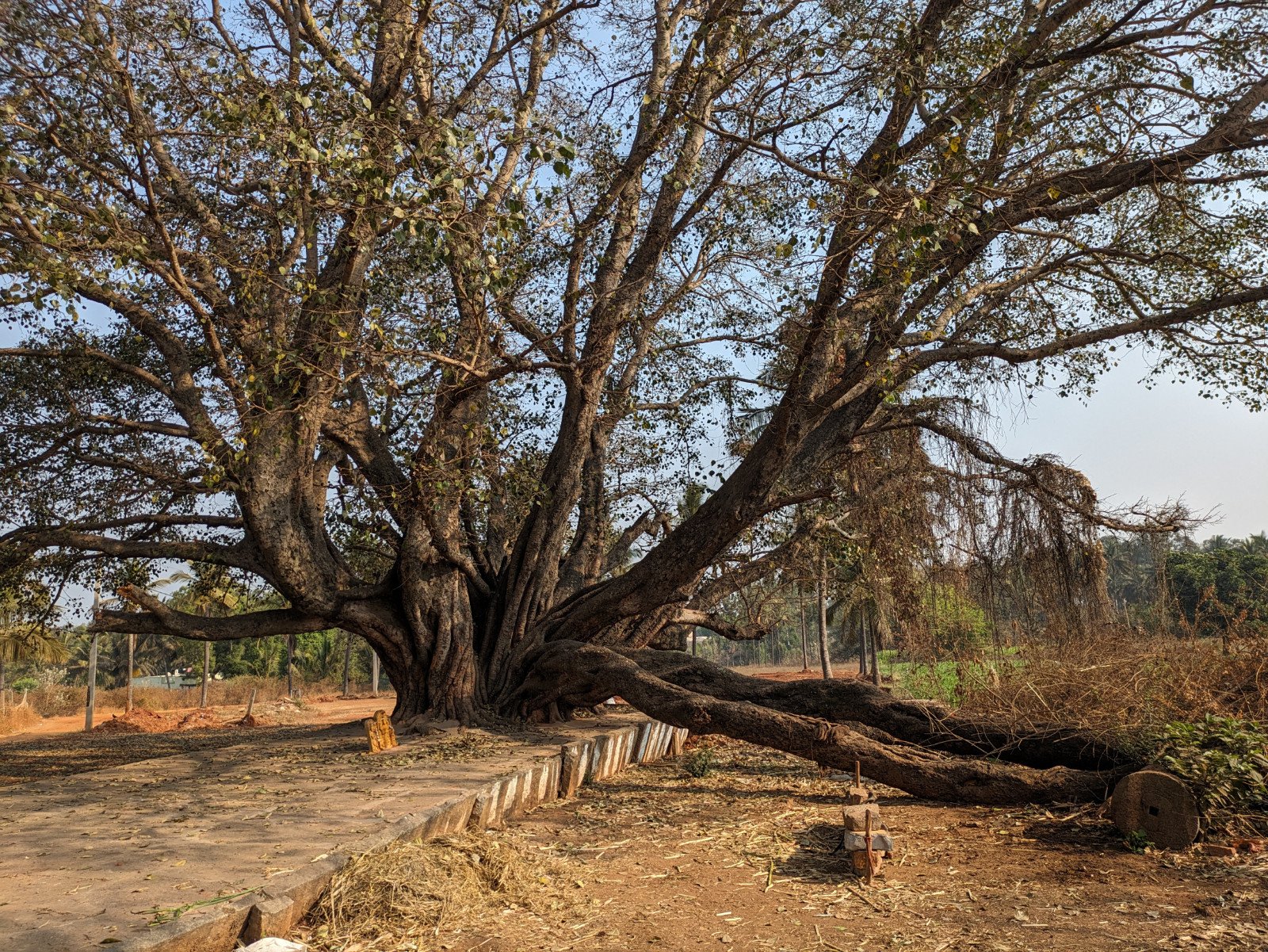
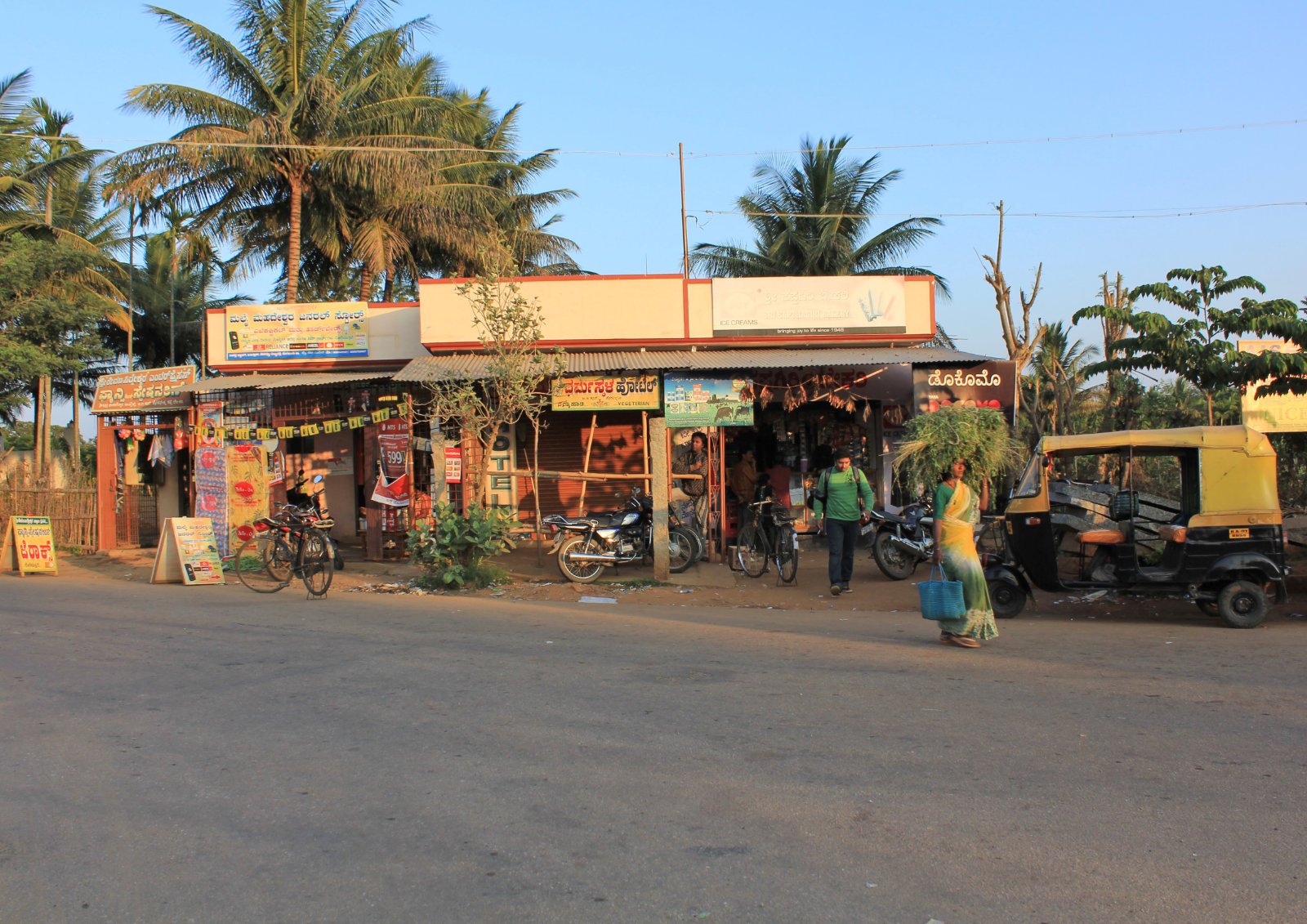
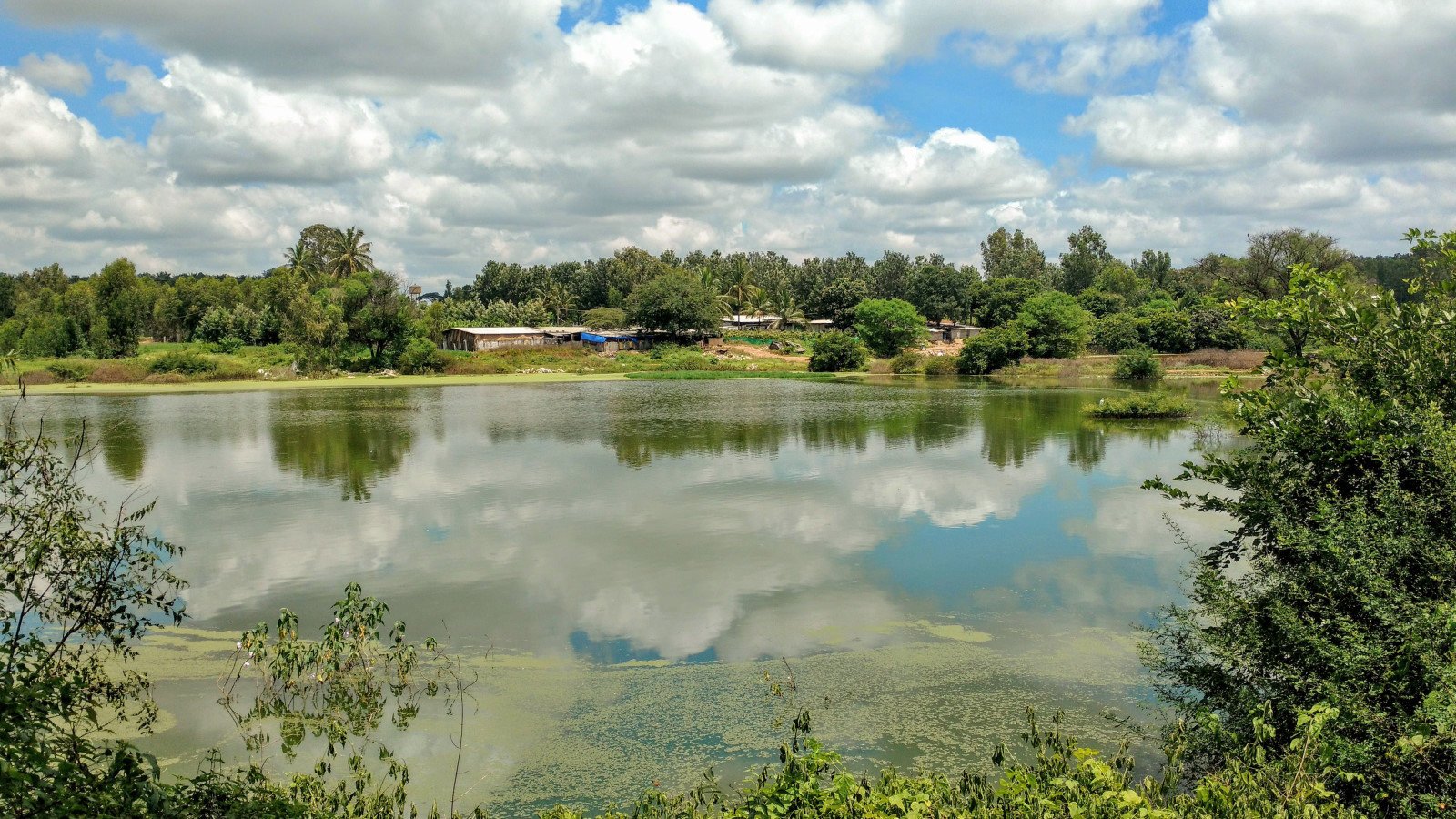
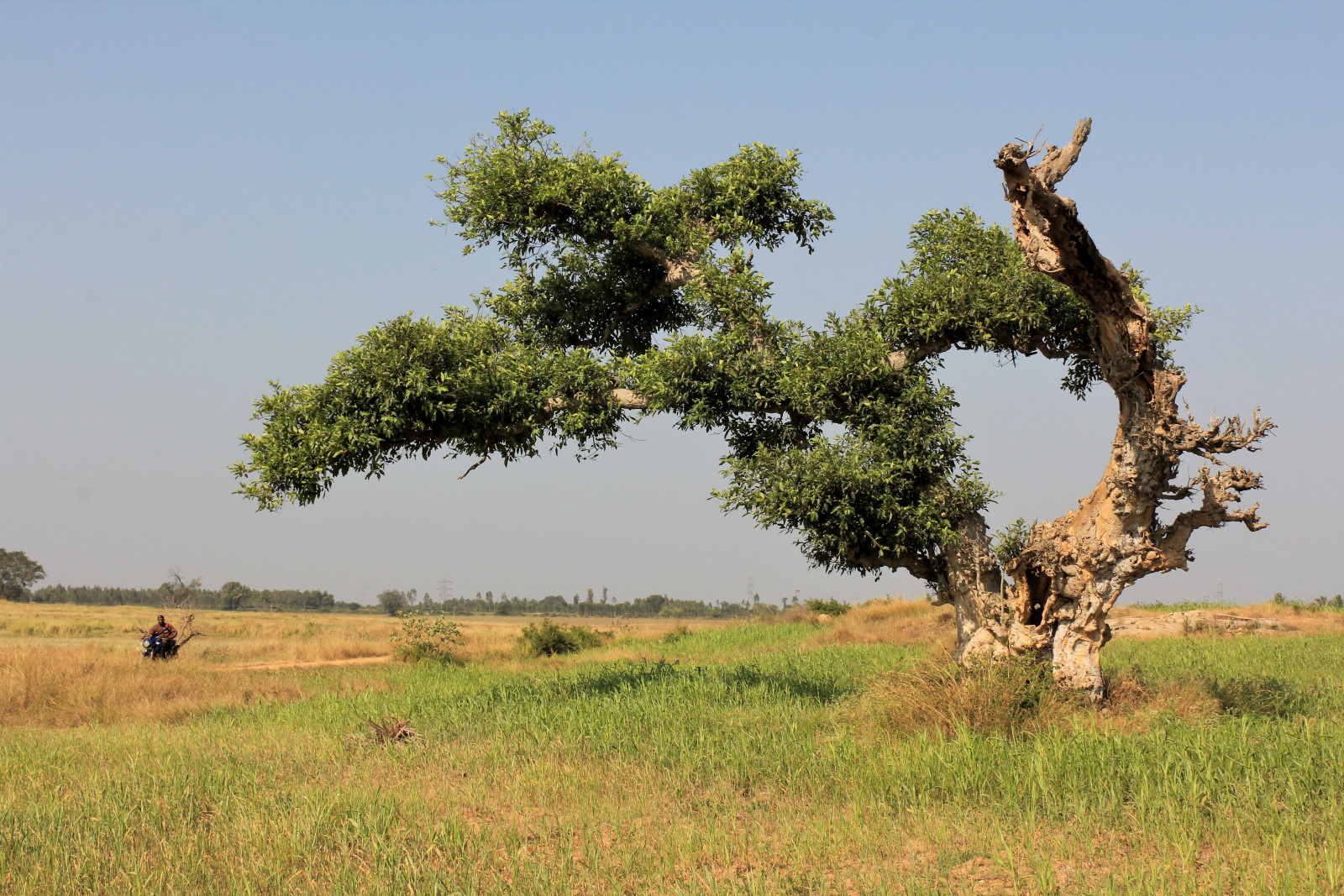

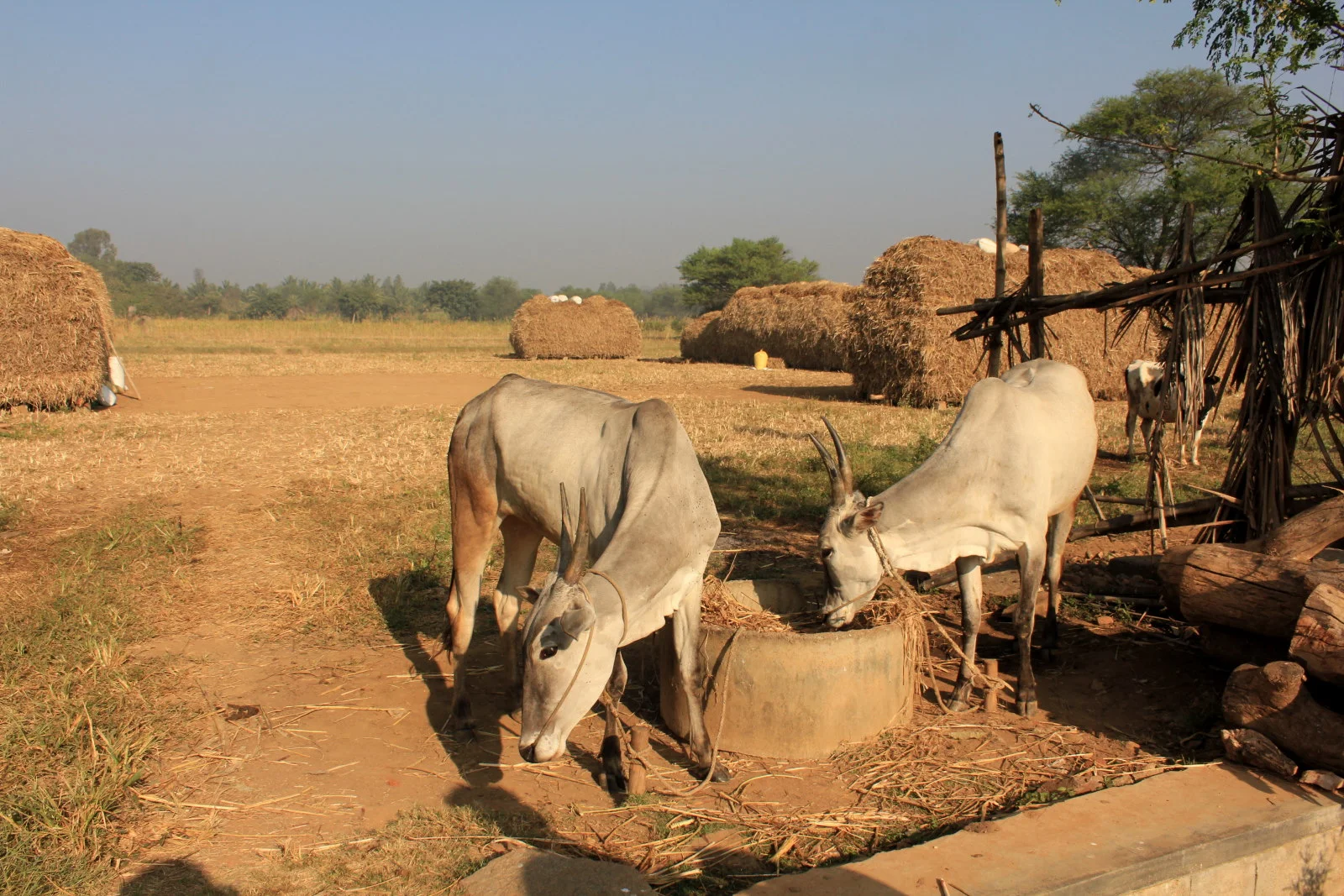


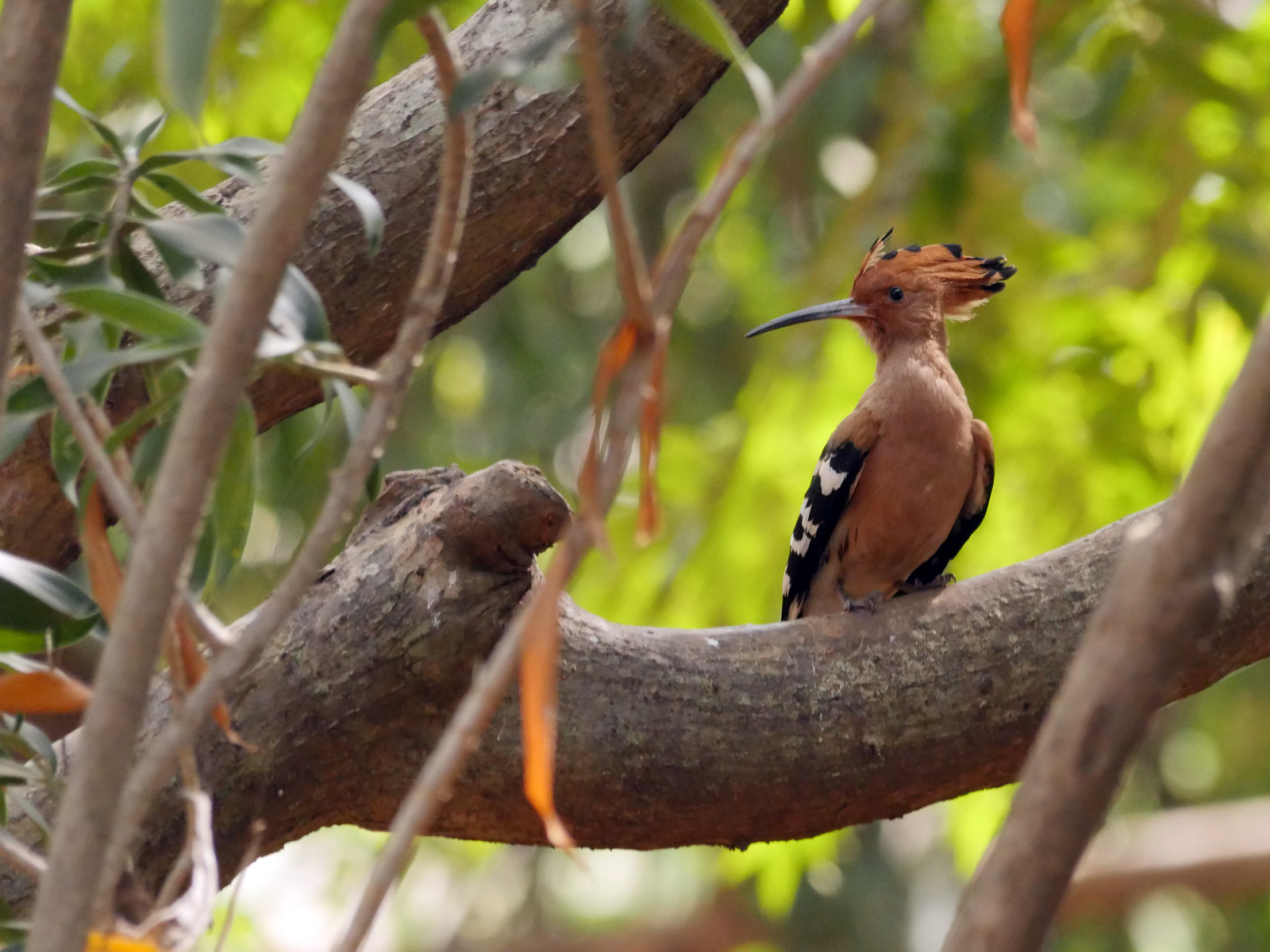





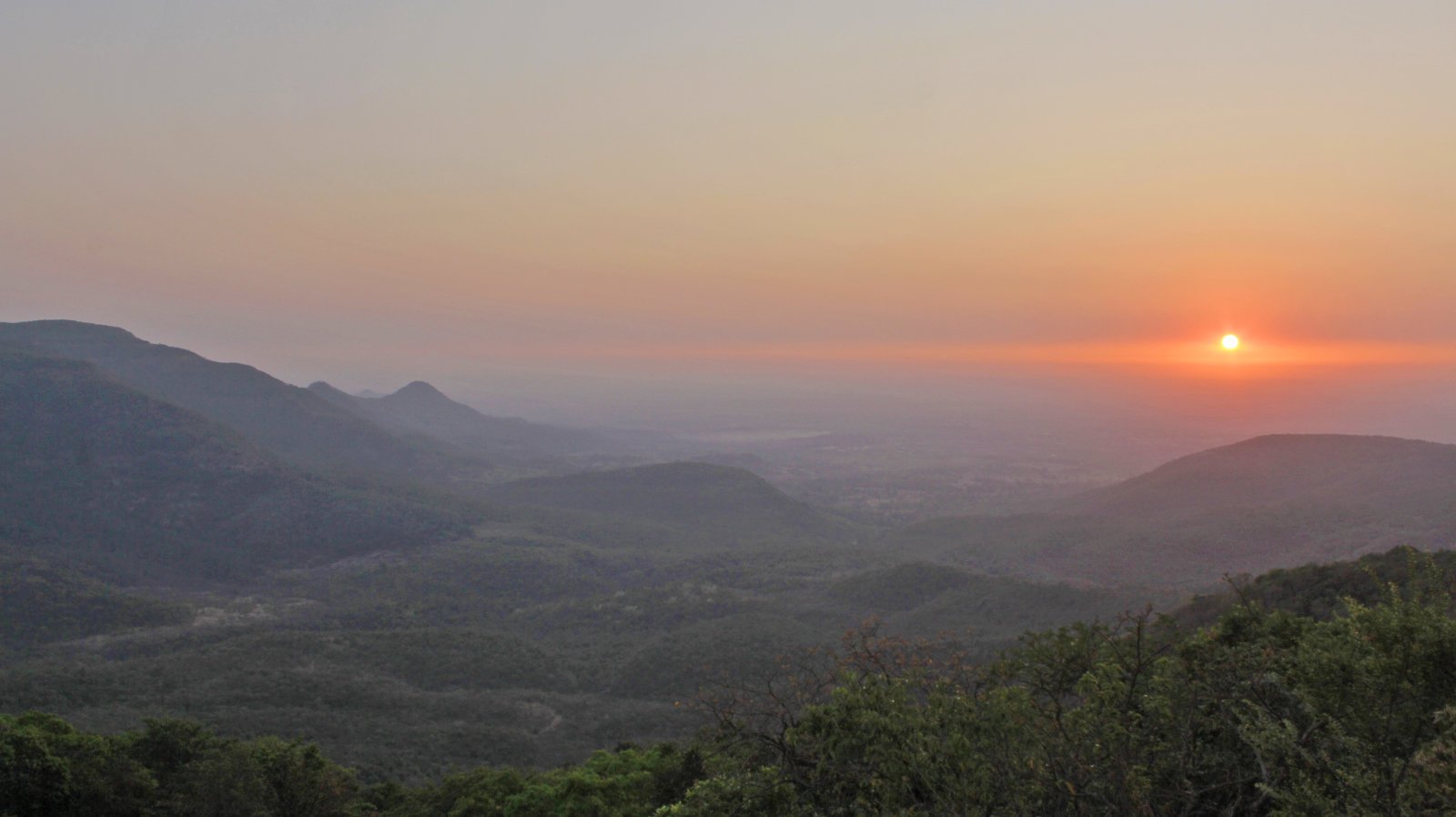
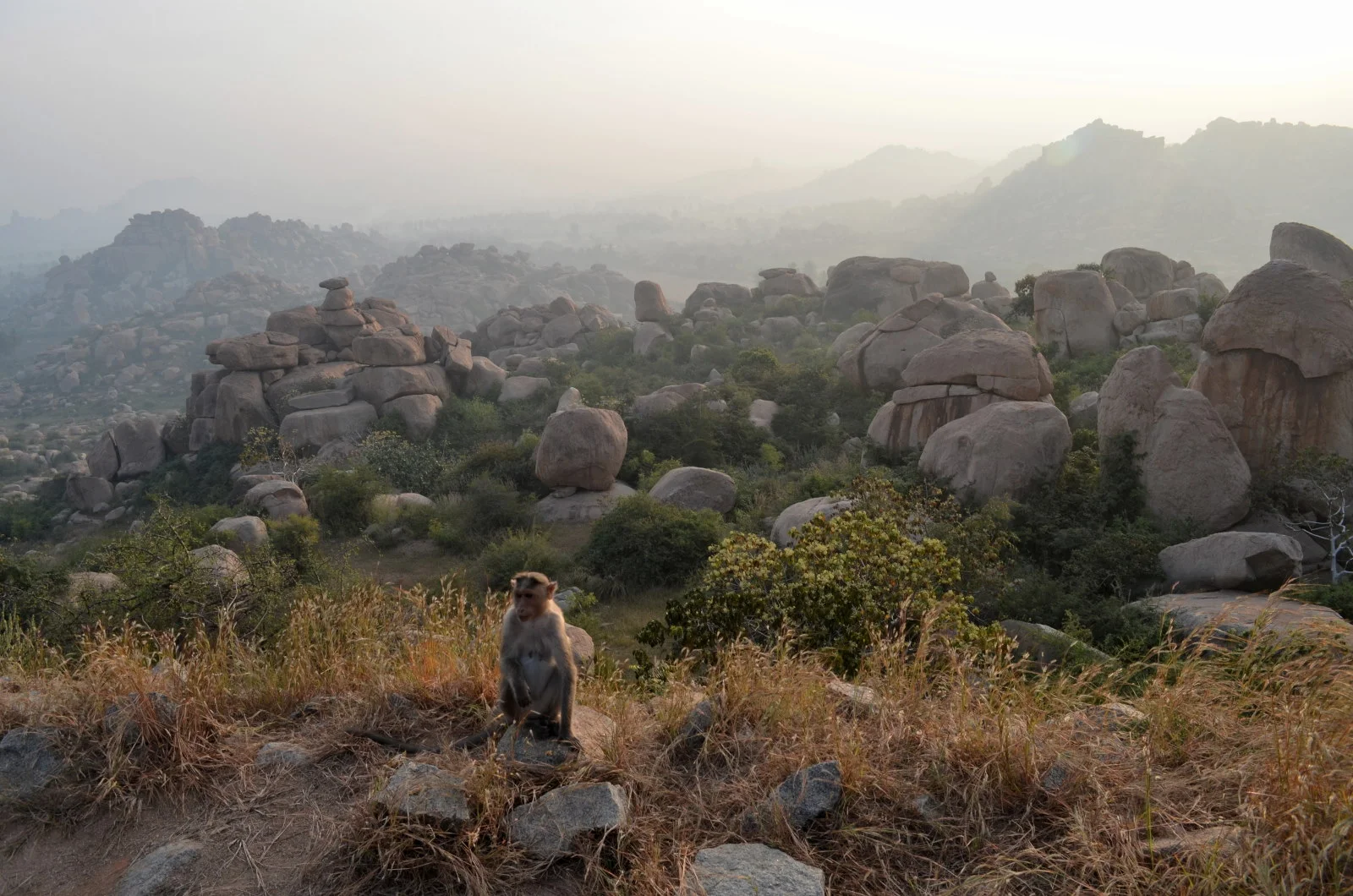
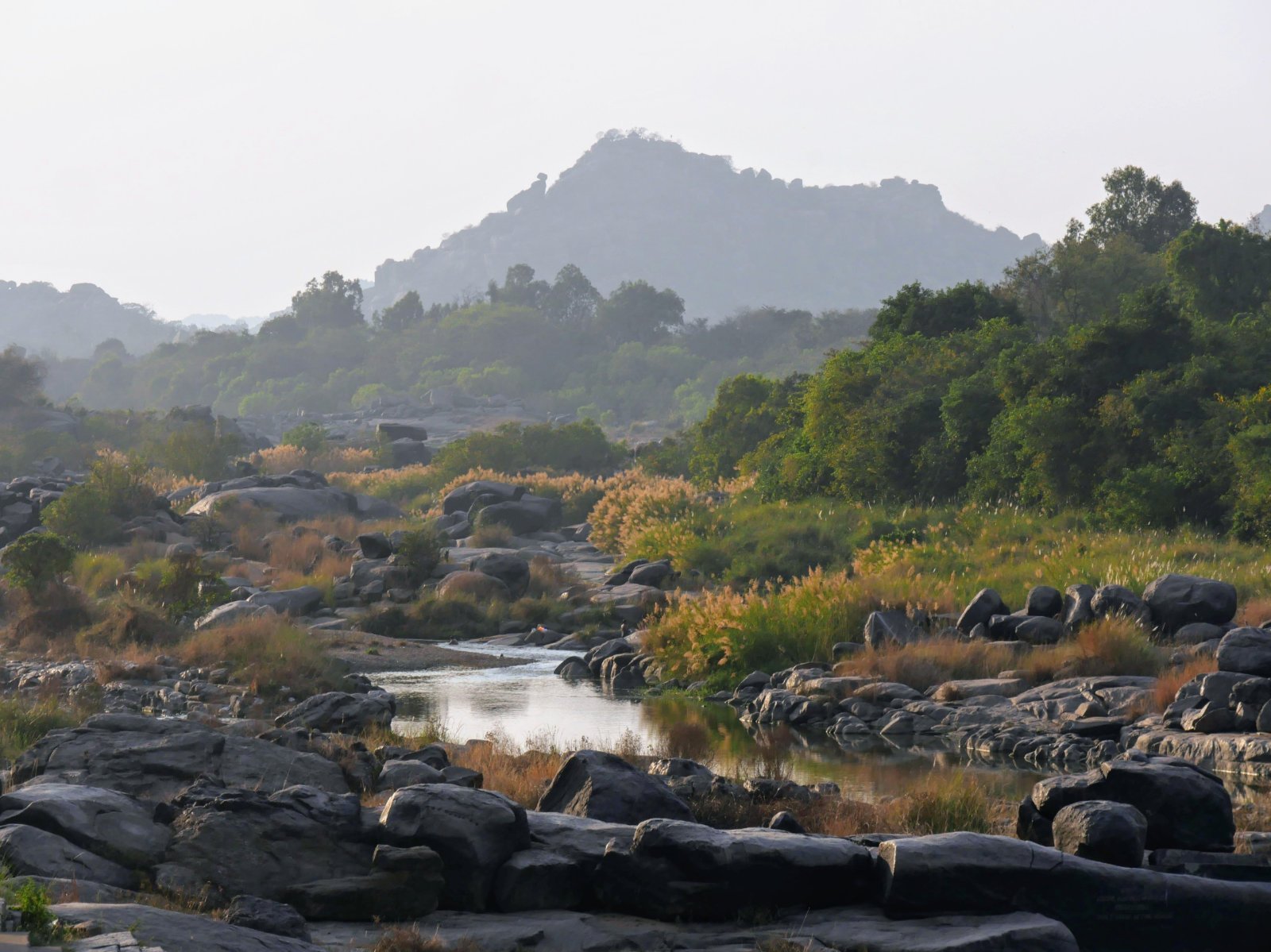
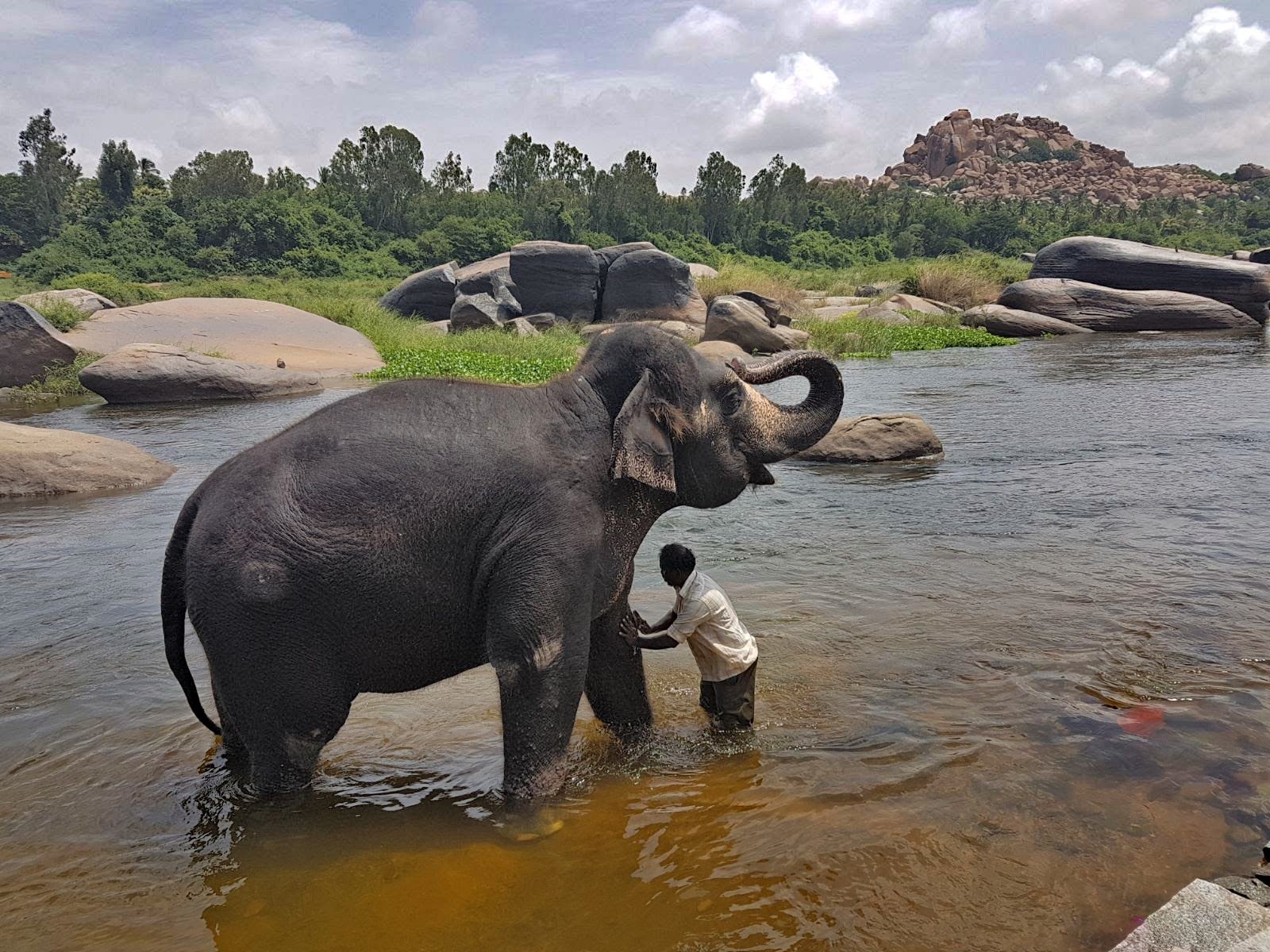

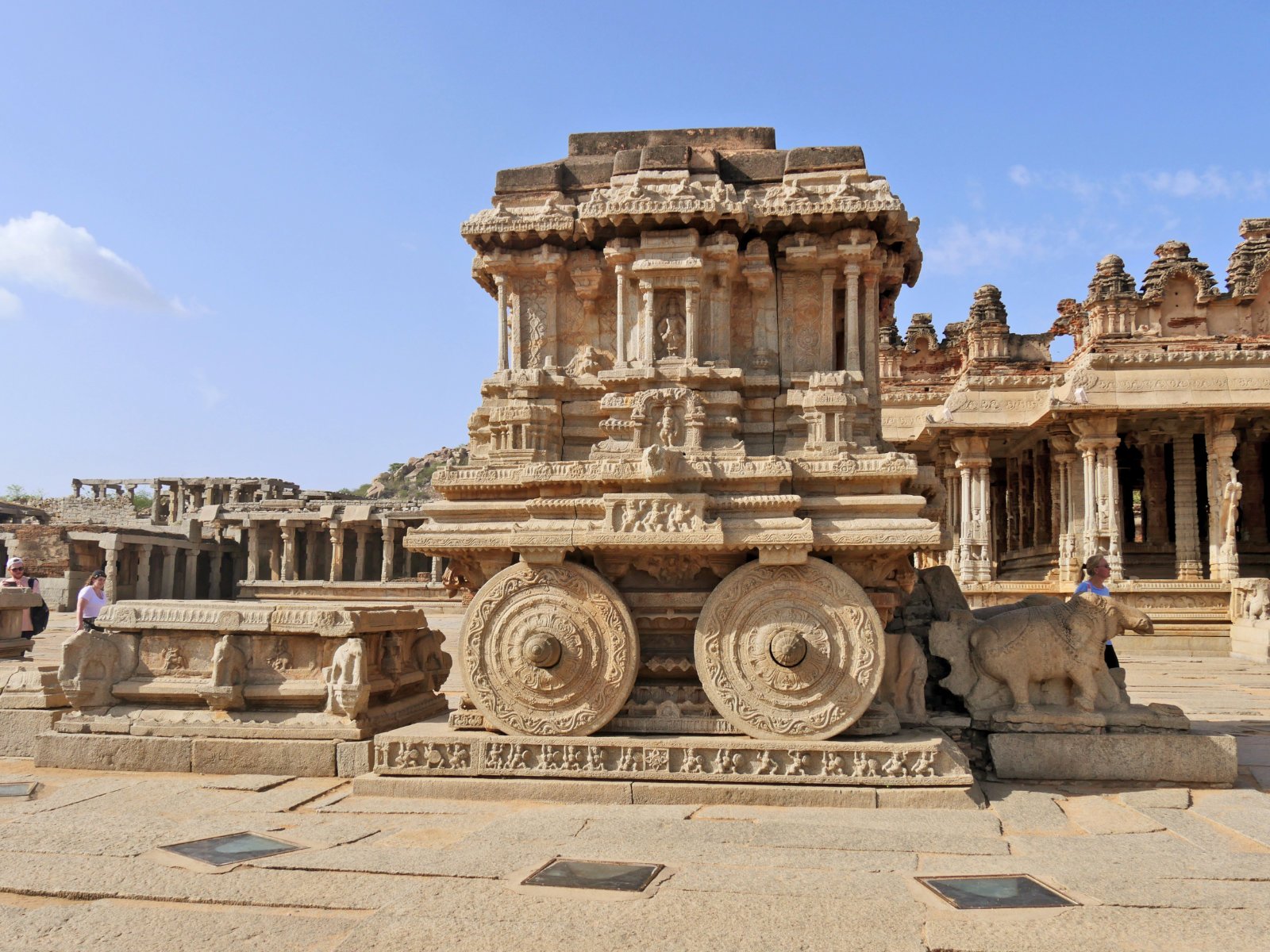
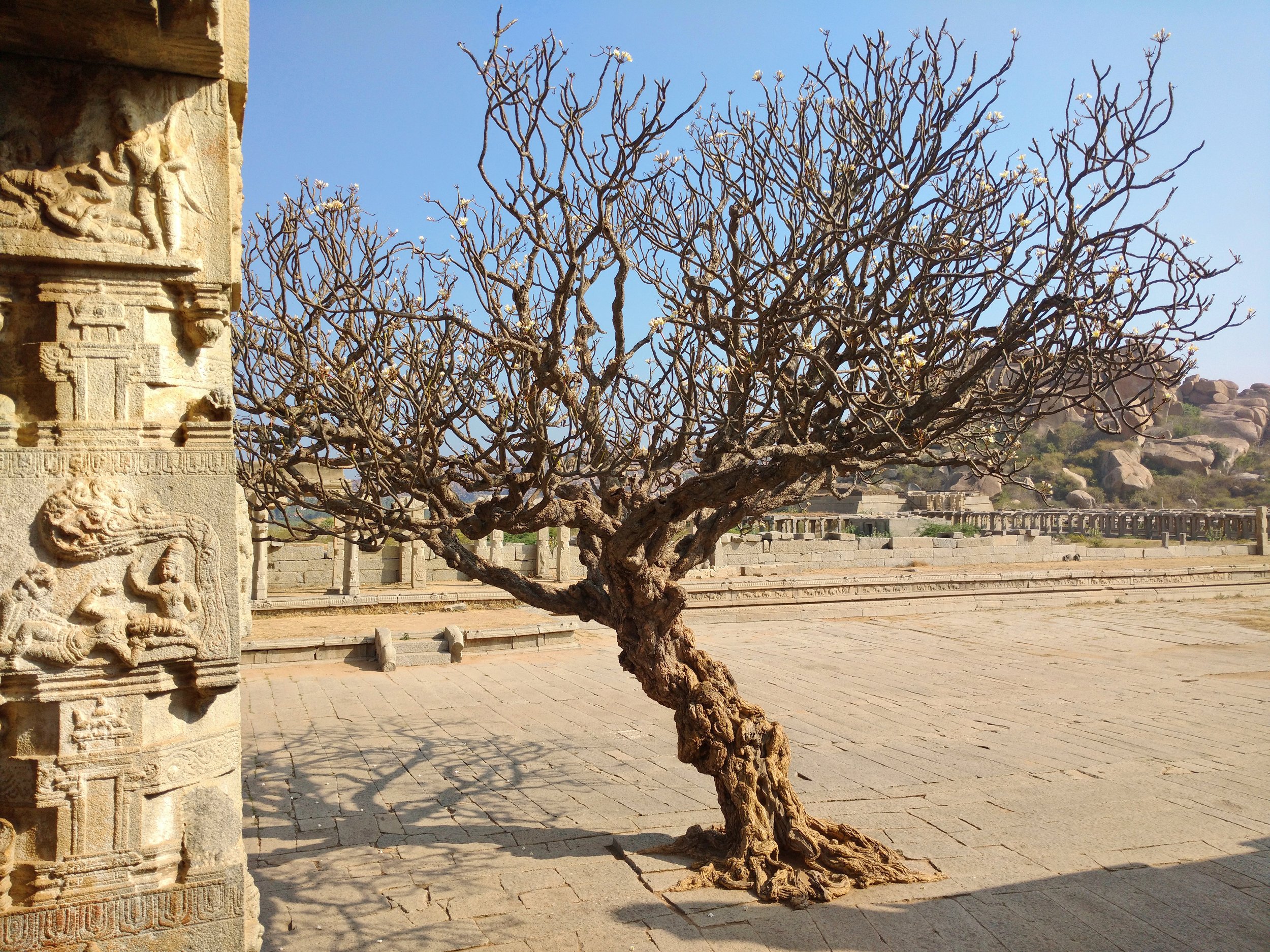
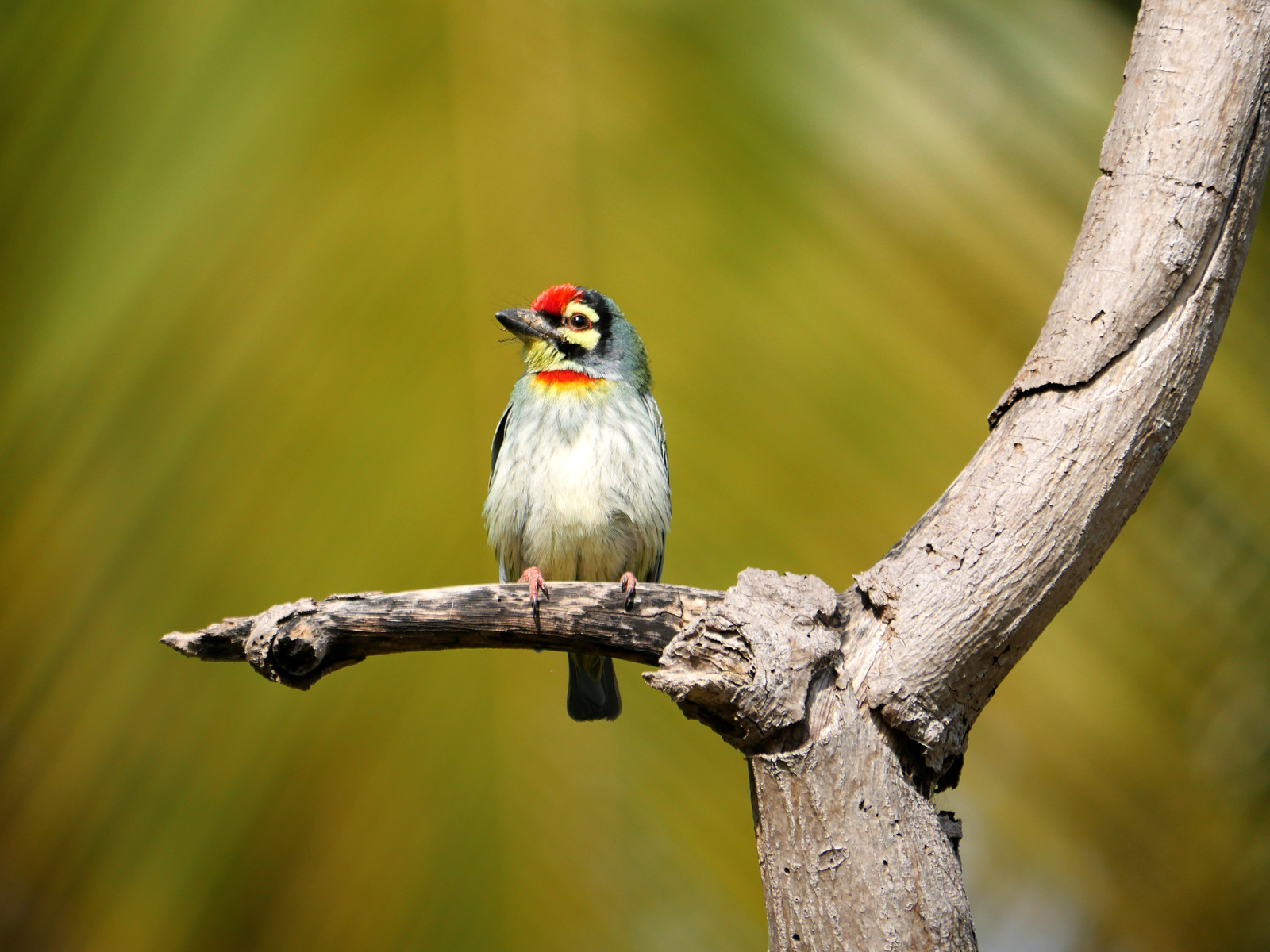
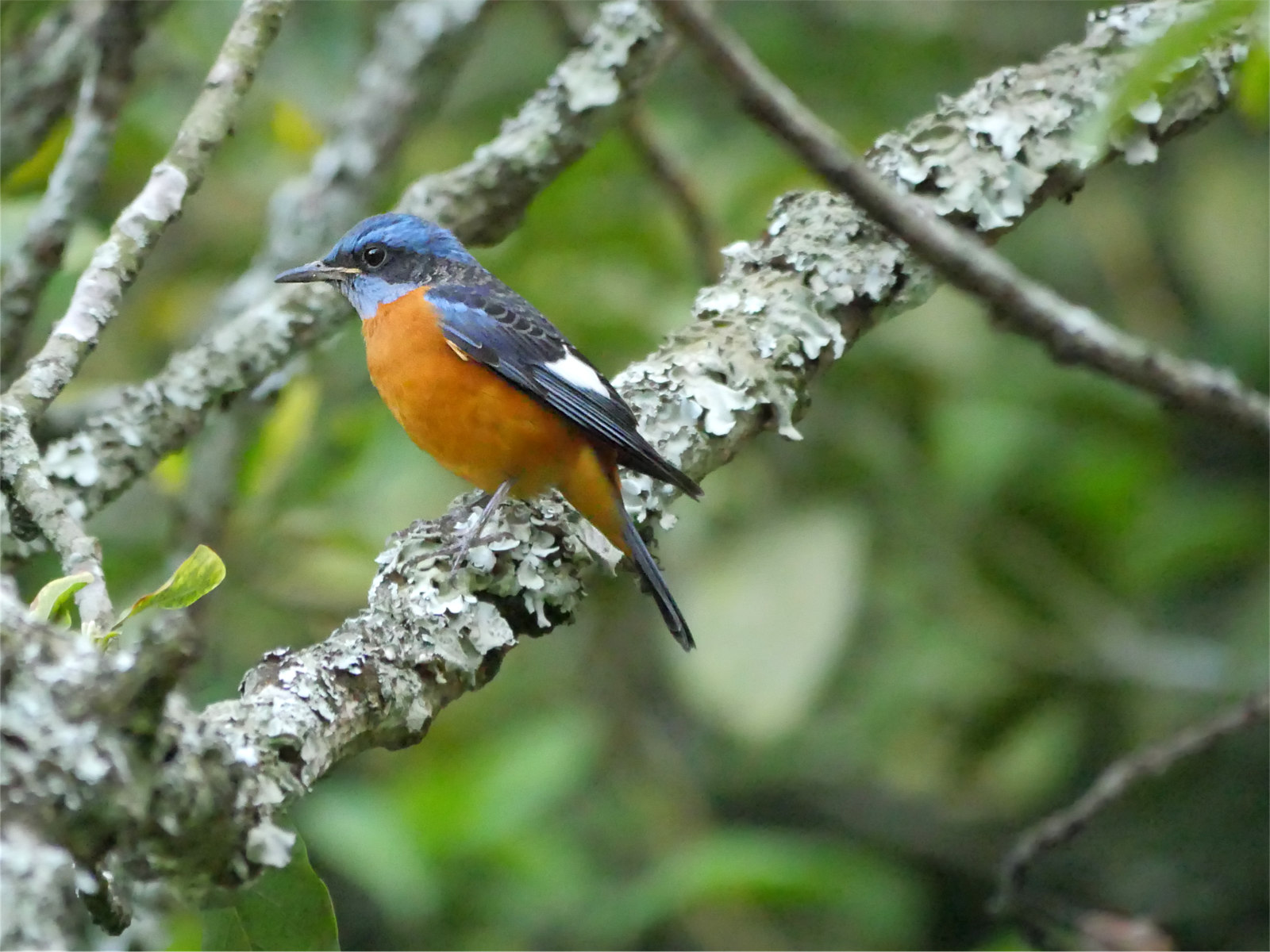



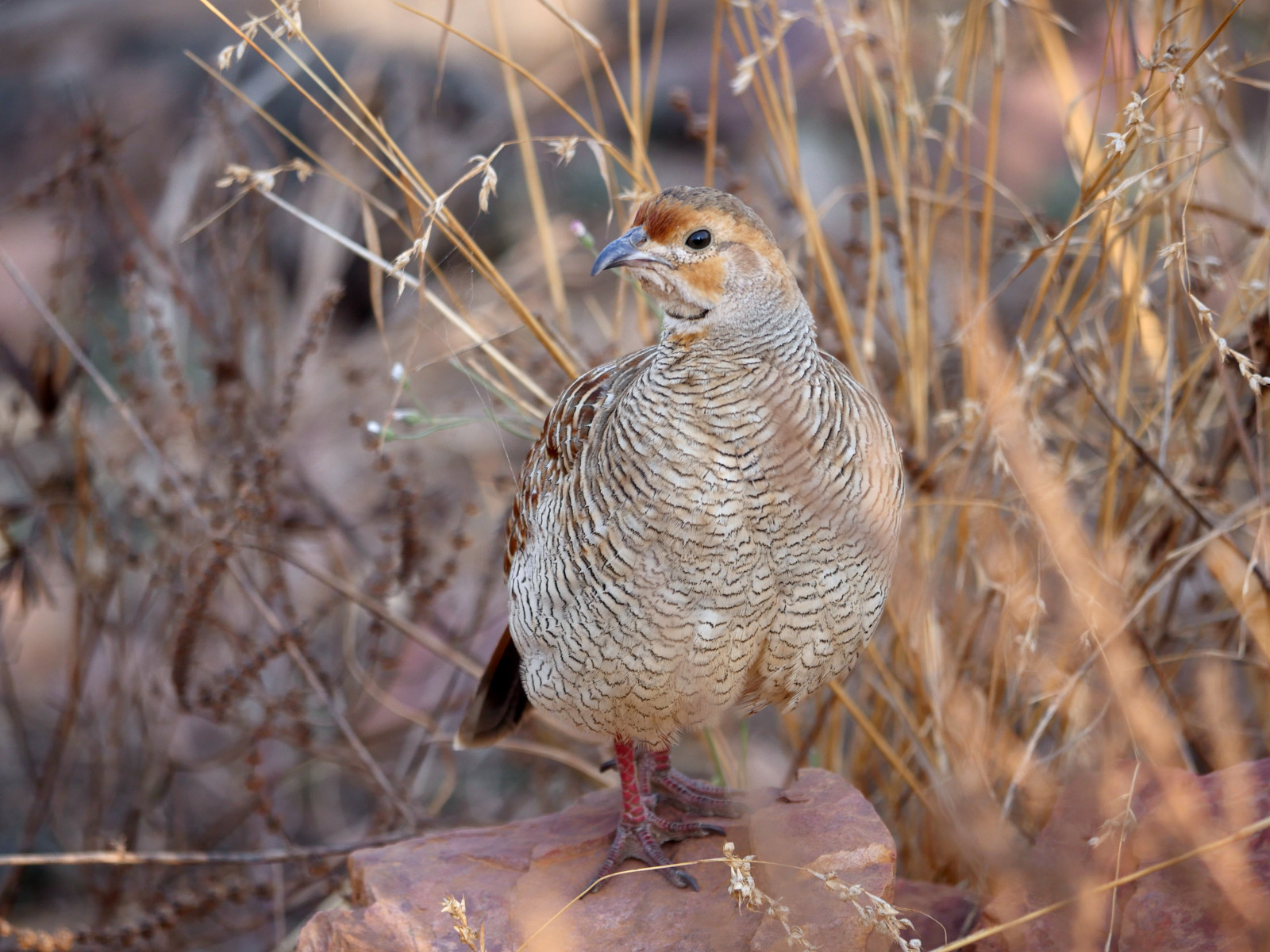
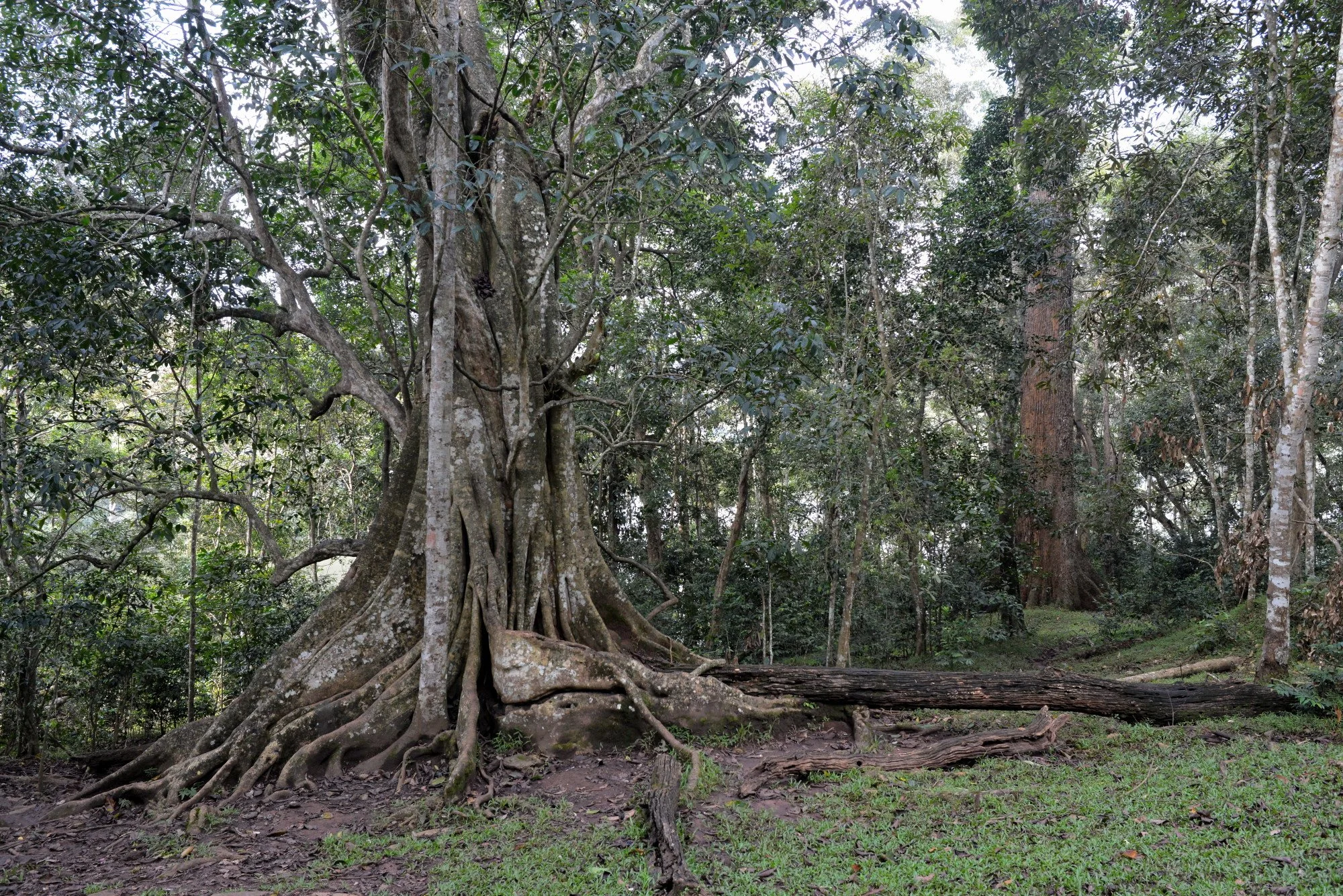
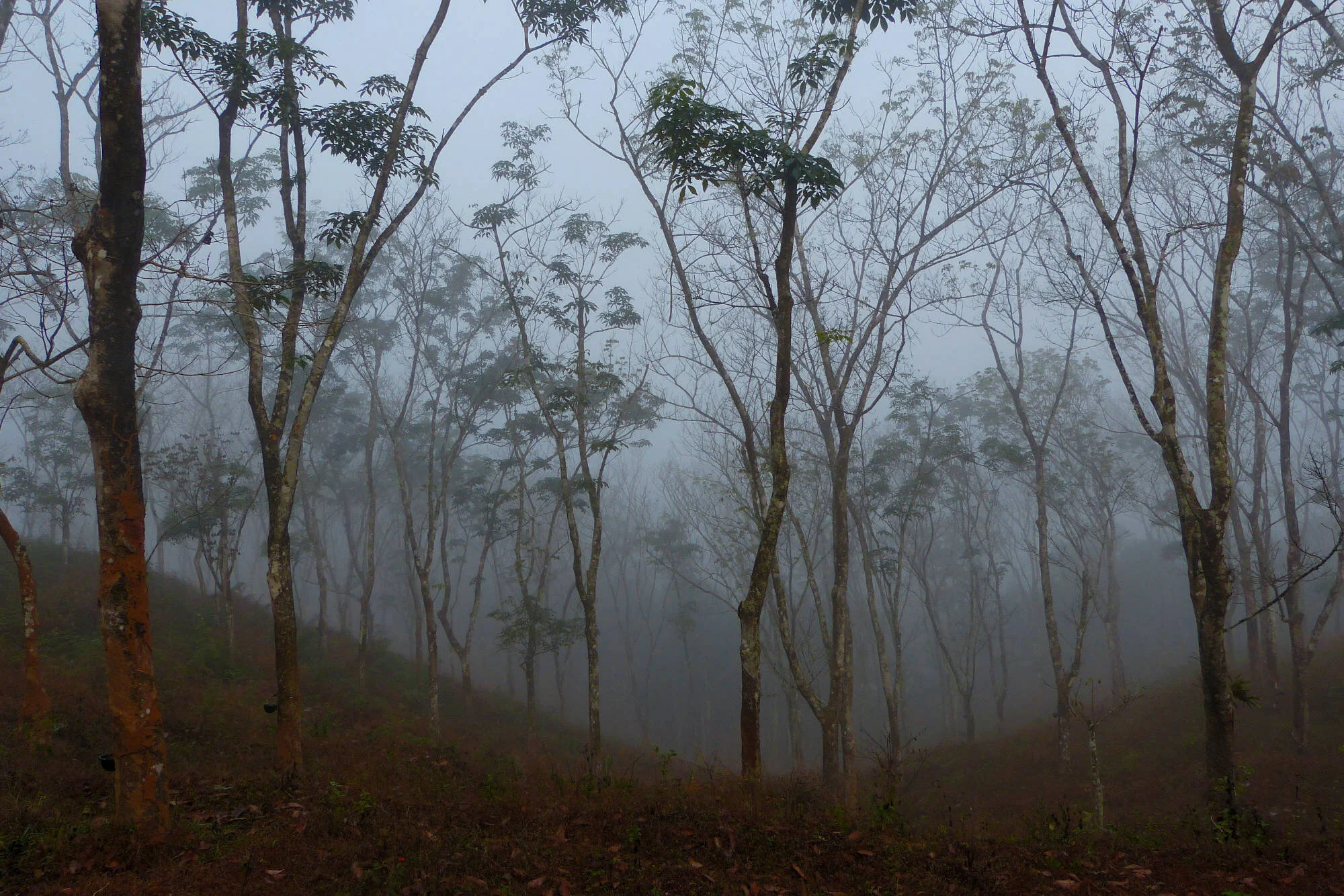

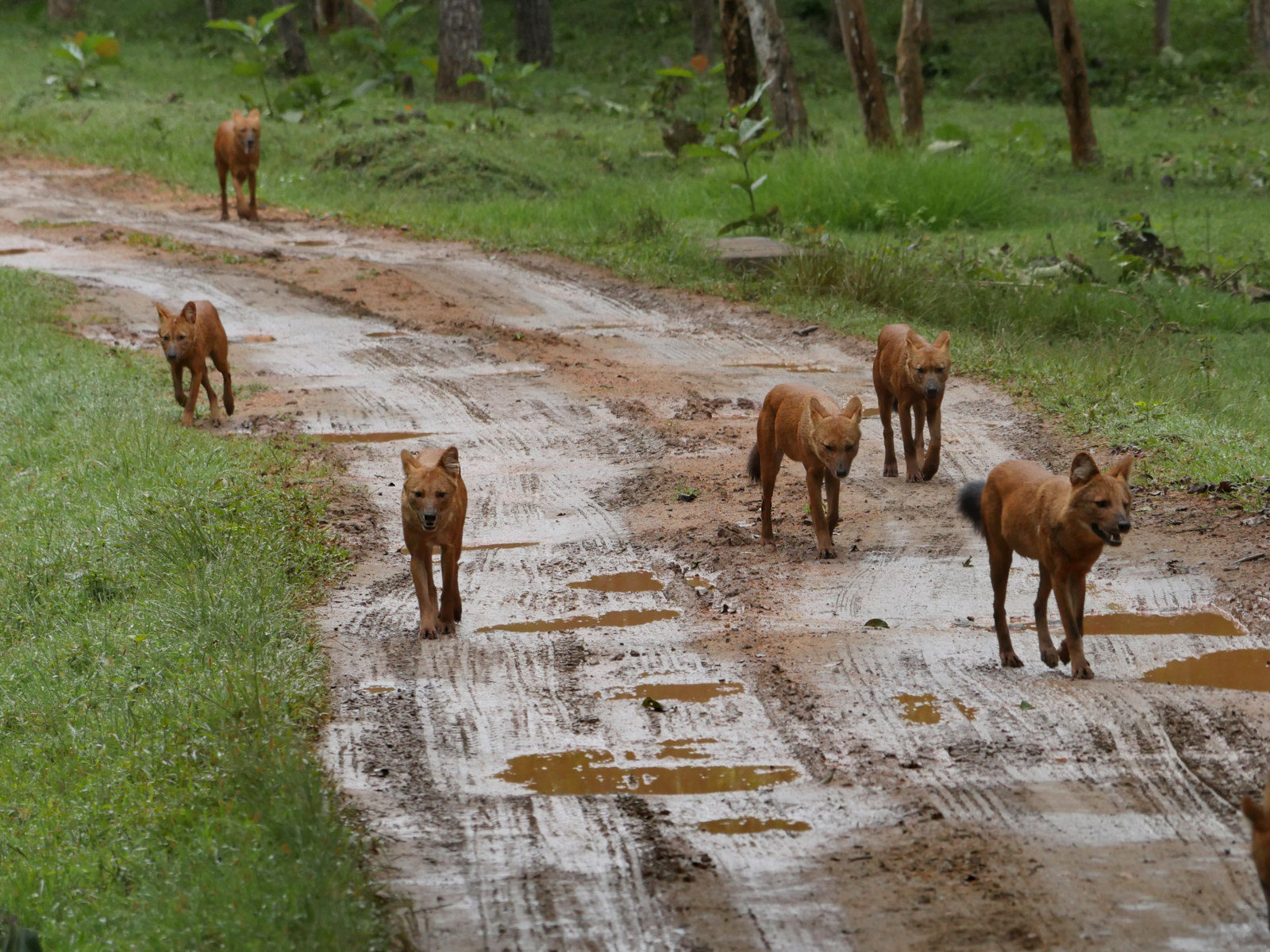



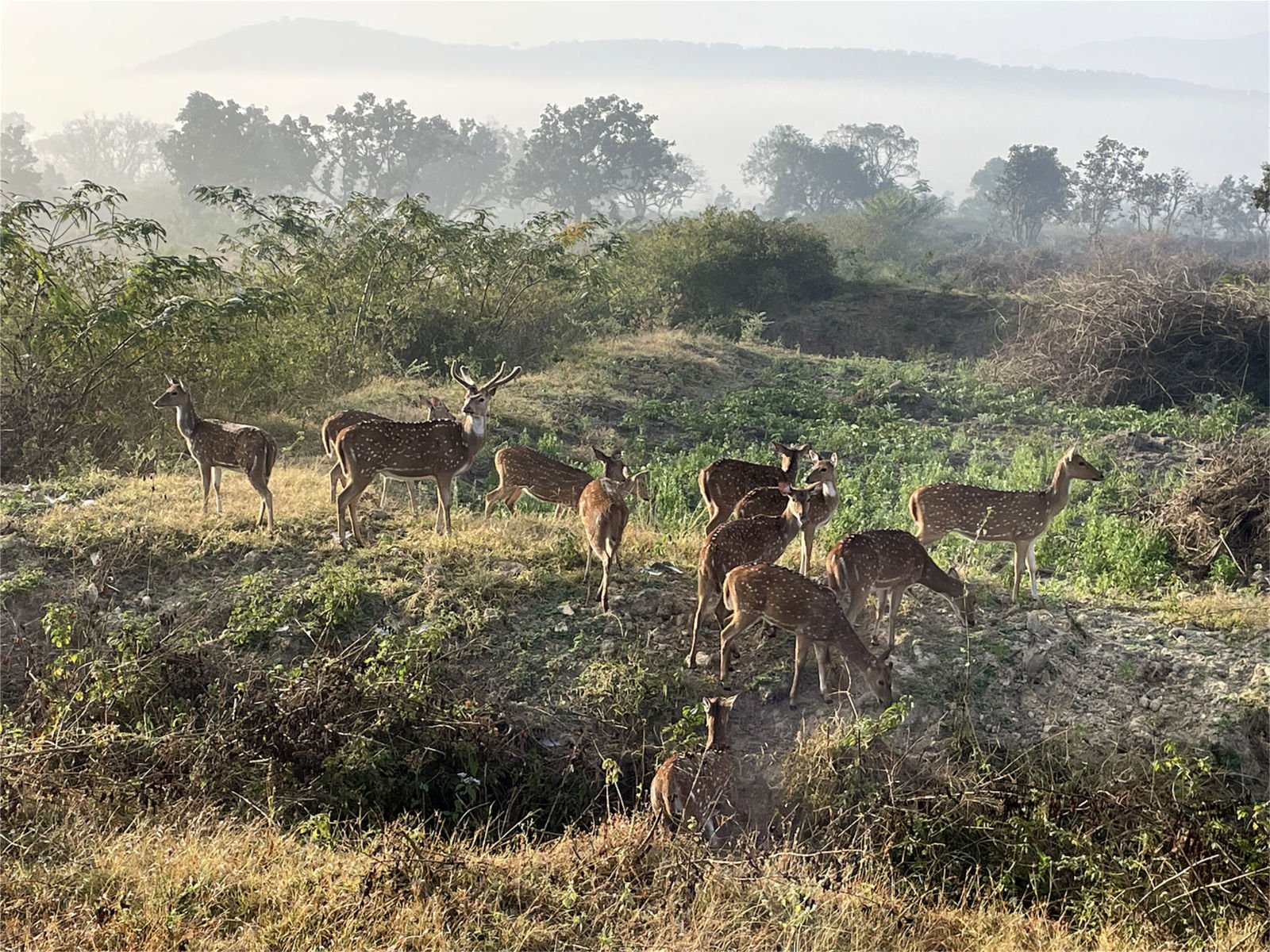
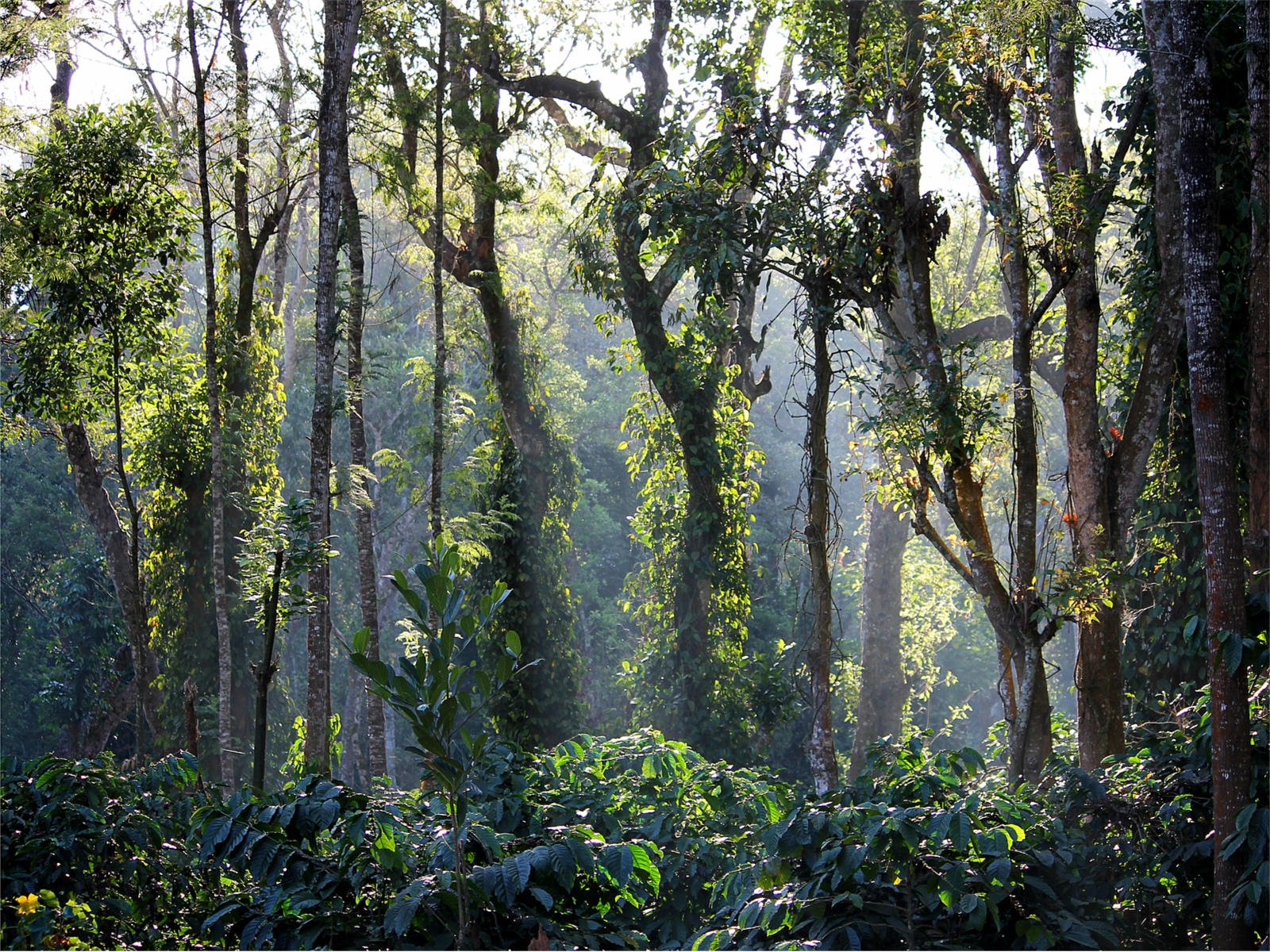
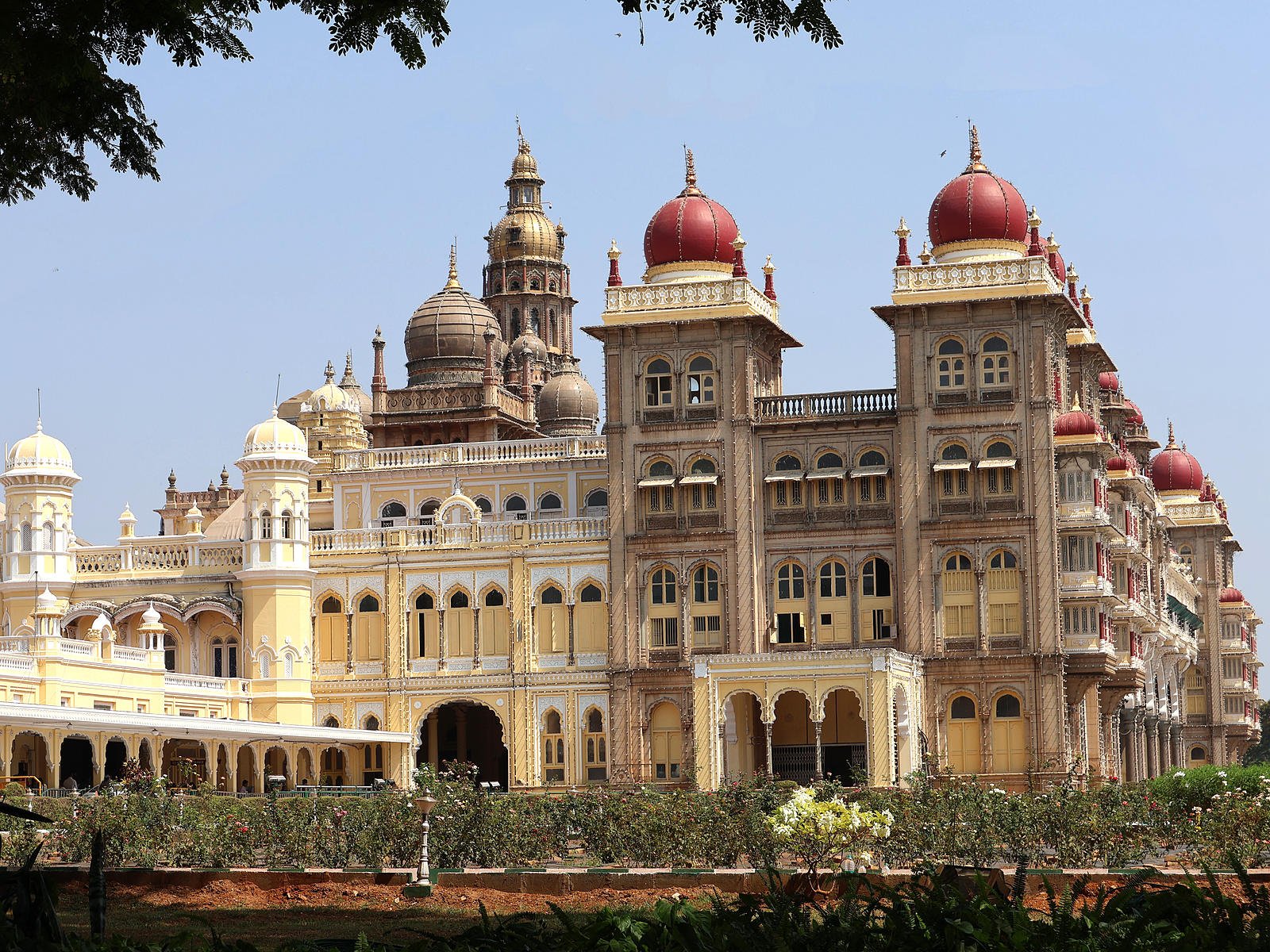
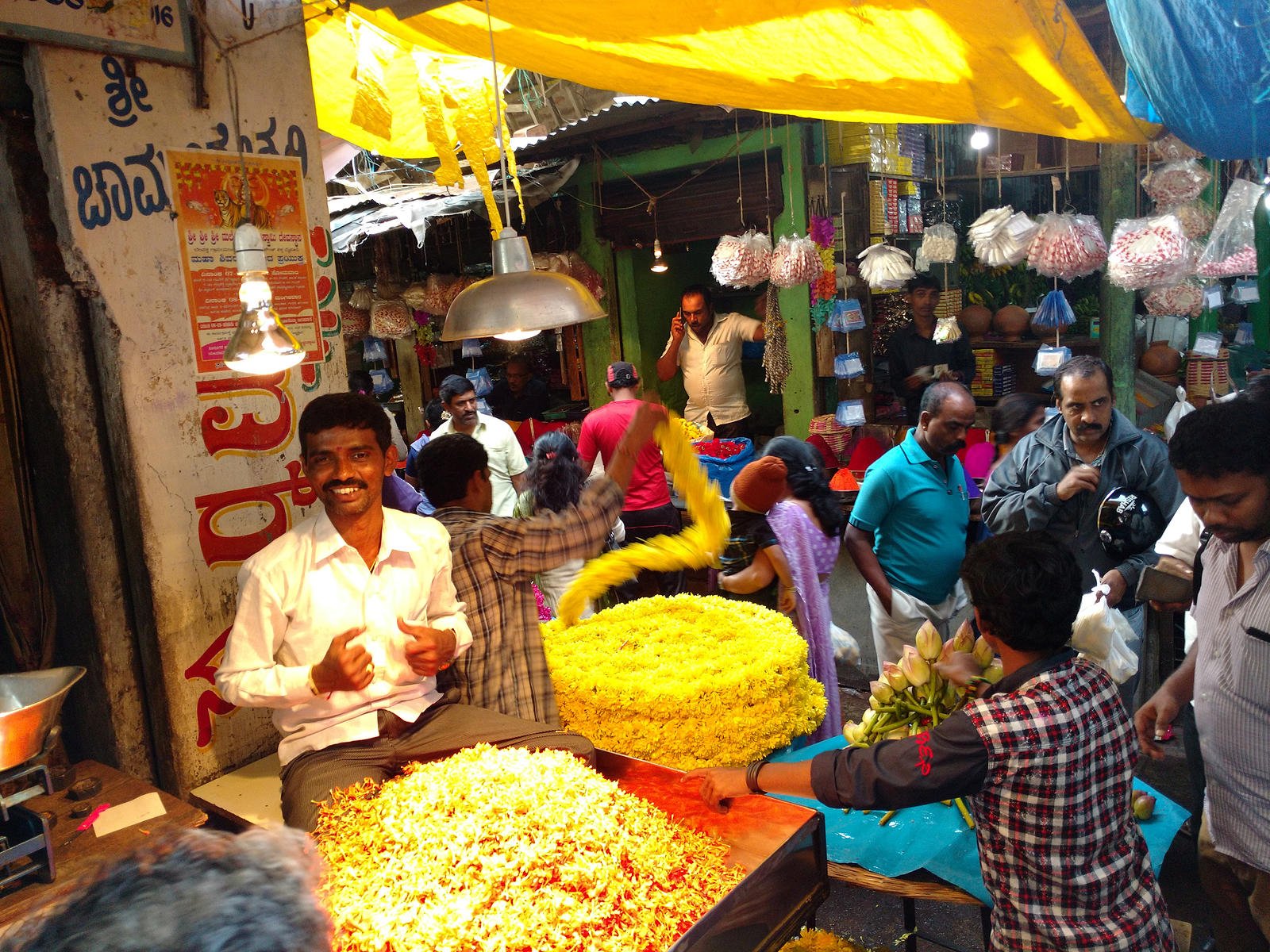
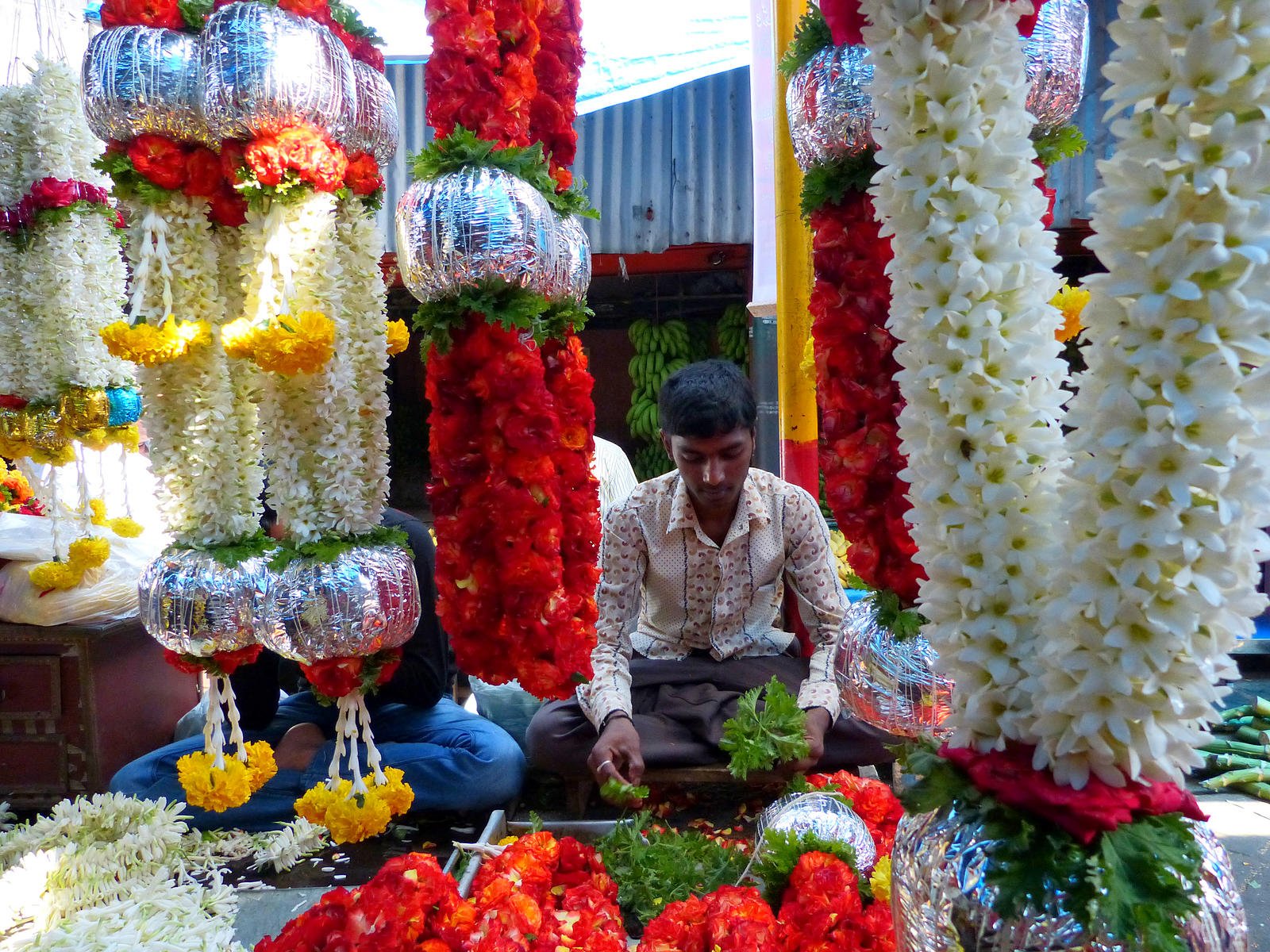
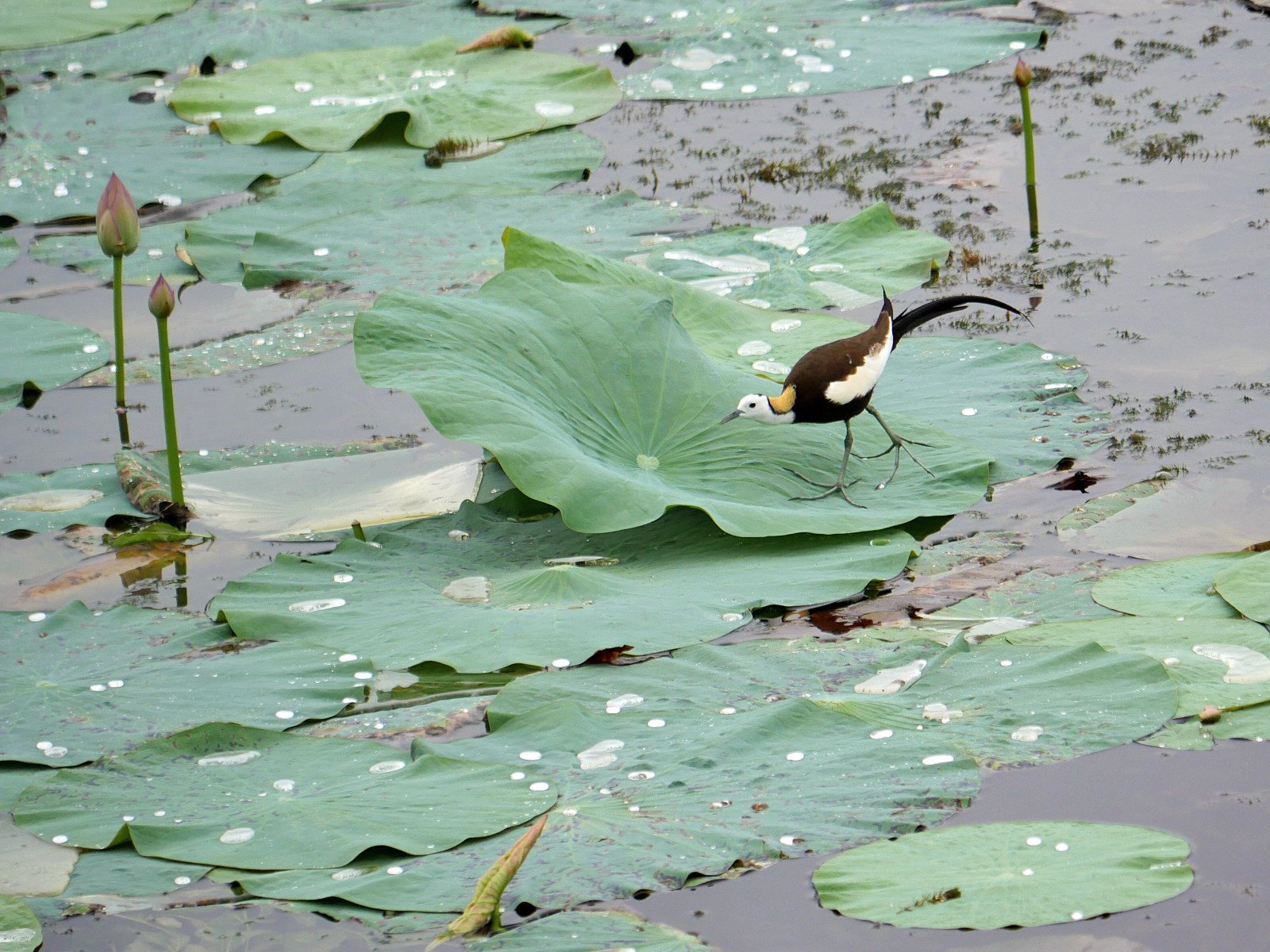
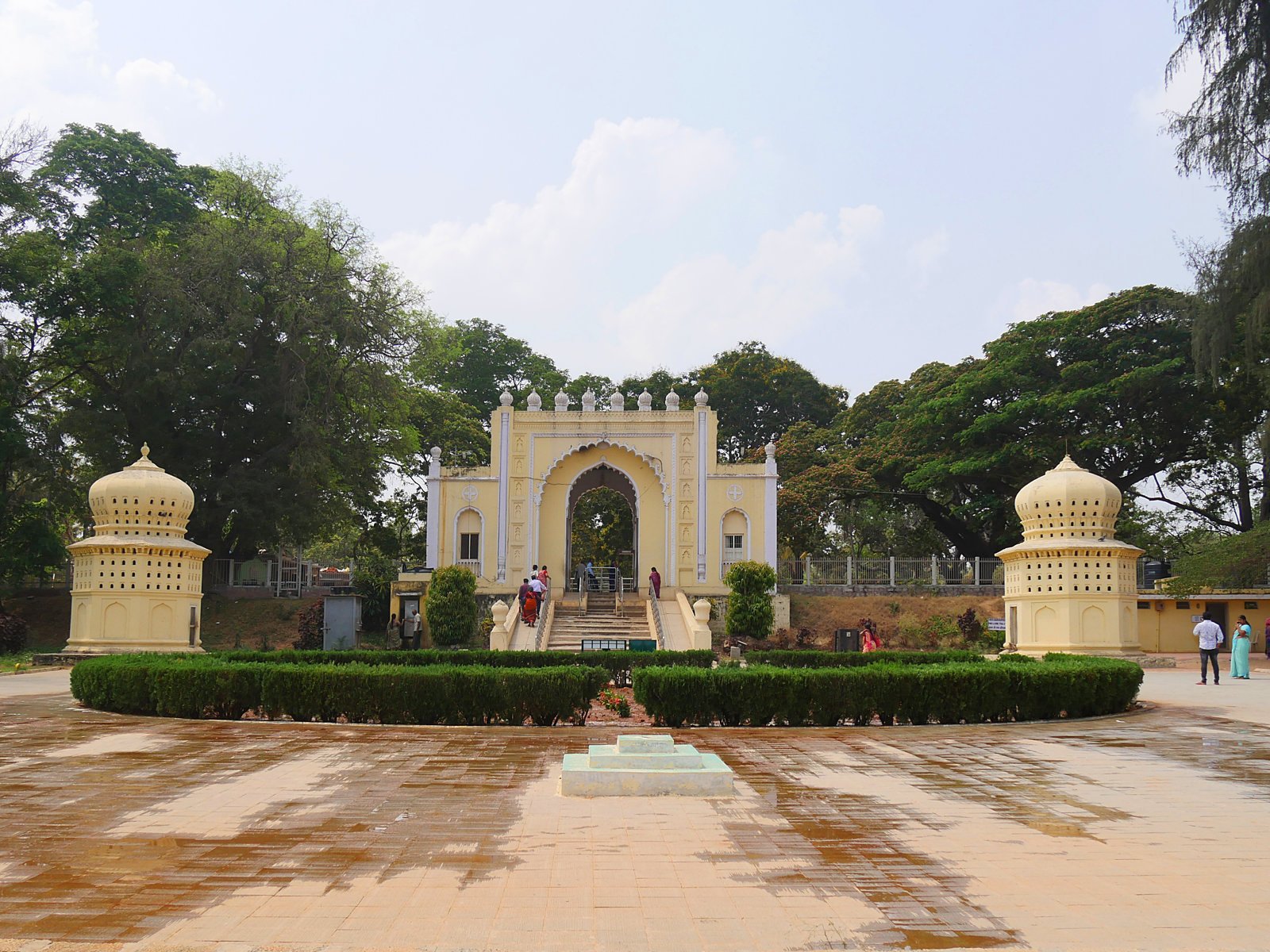
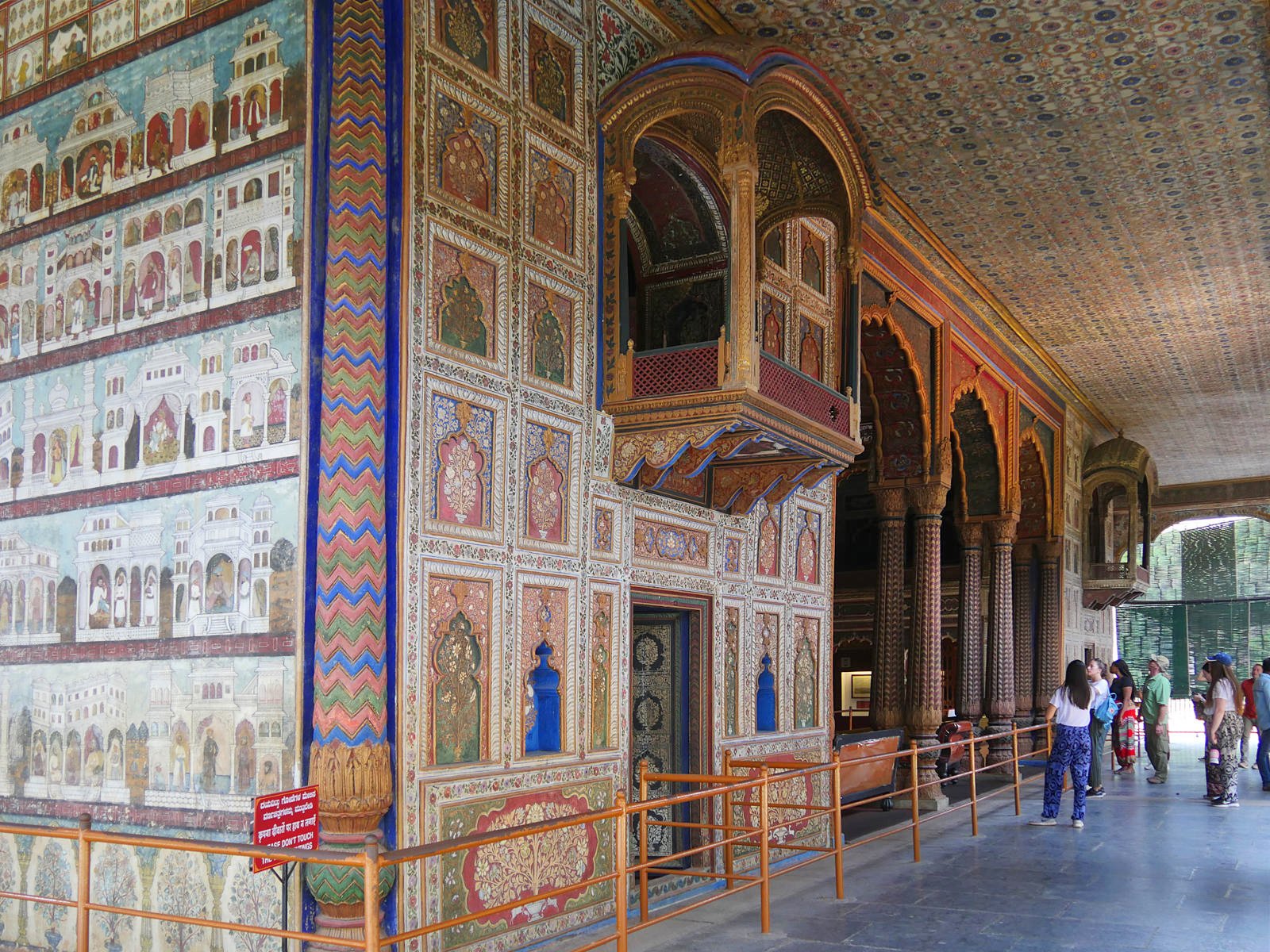

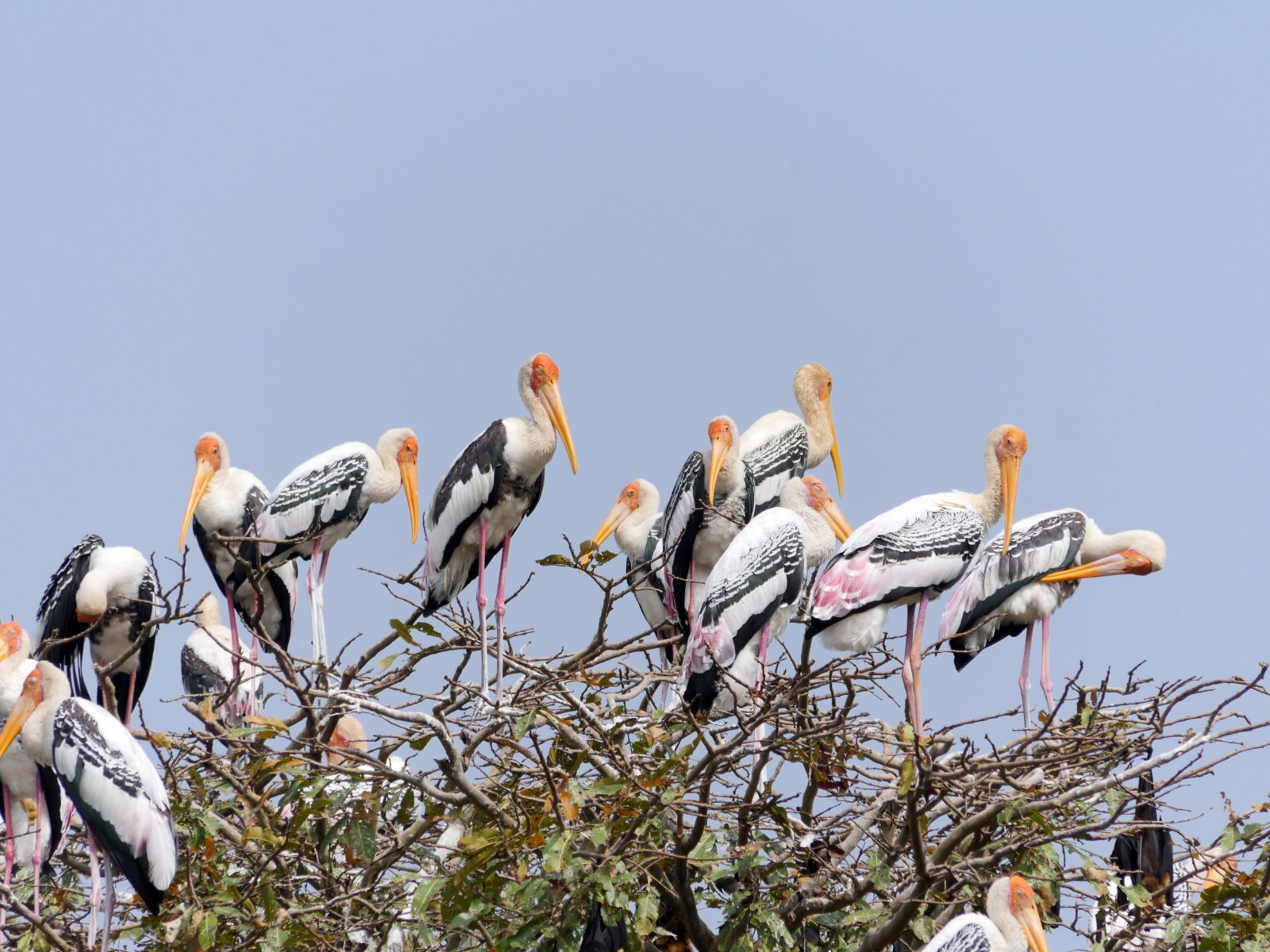





We are currently filling this trip. Places will be confirmed as we receive interest, so please be in touch if you would like to join.
We will close our bookings at the end of October 2024.
To register interest and find out more click on the button below…

